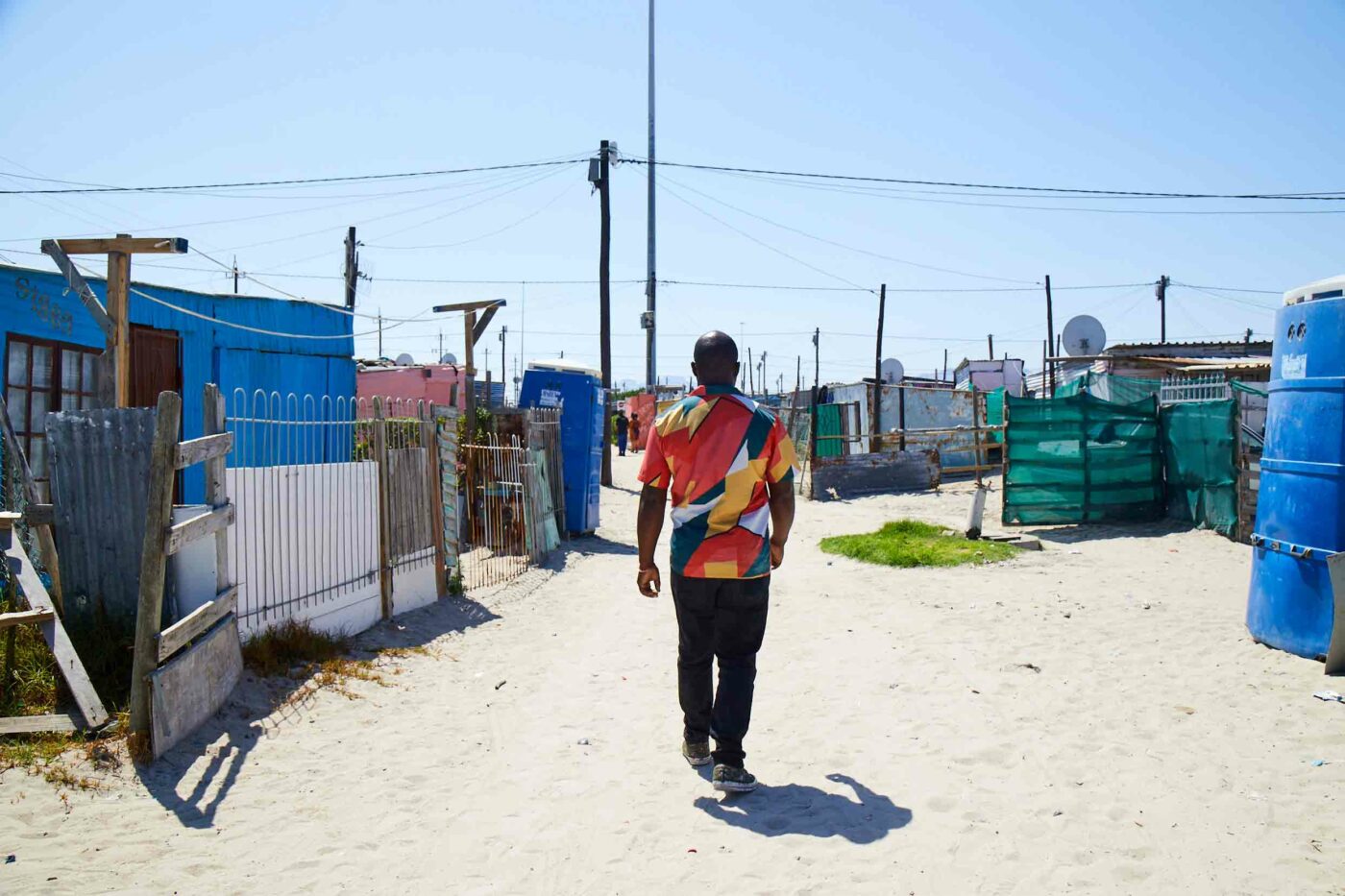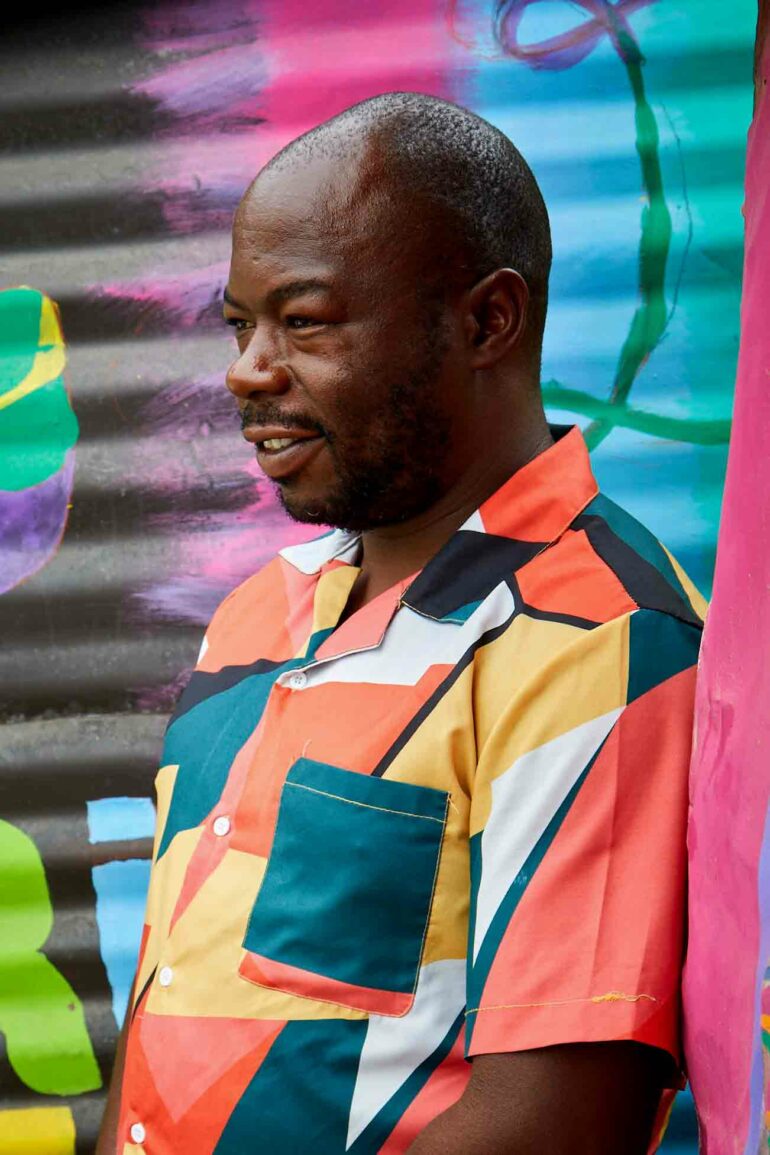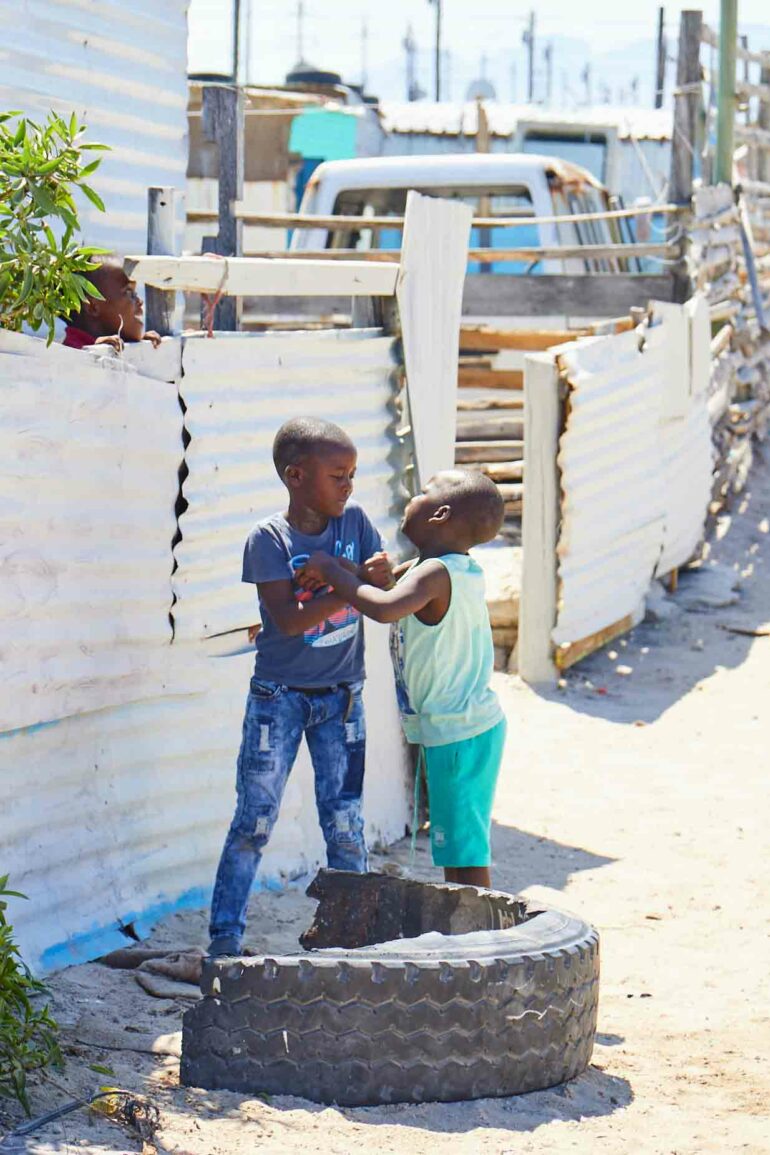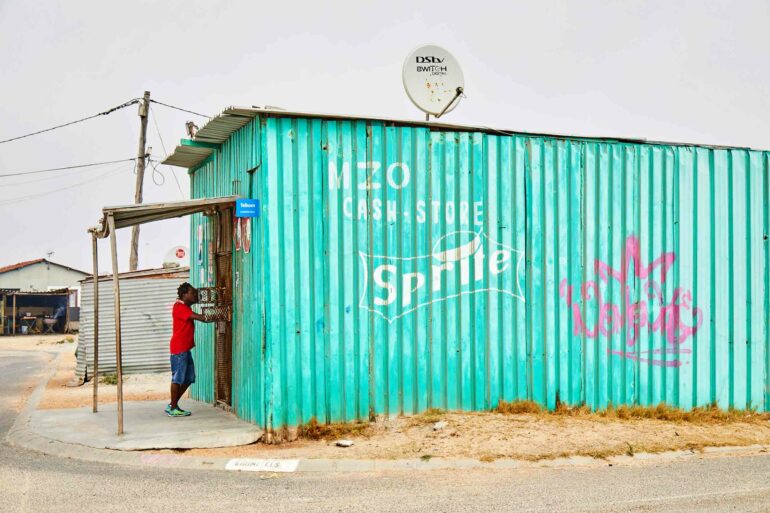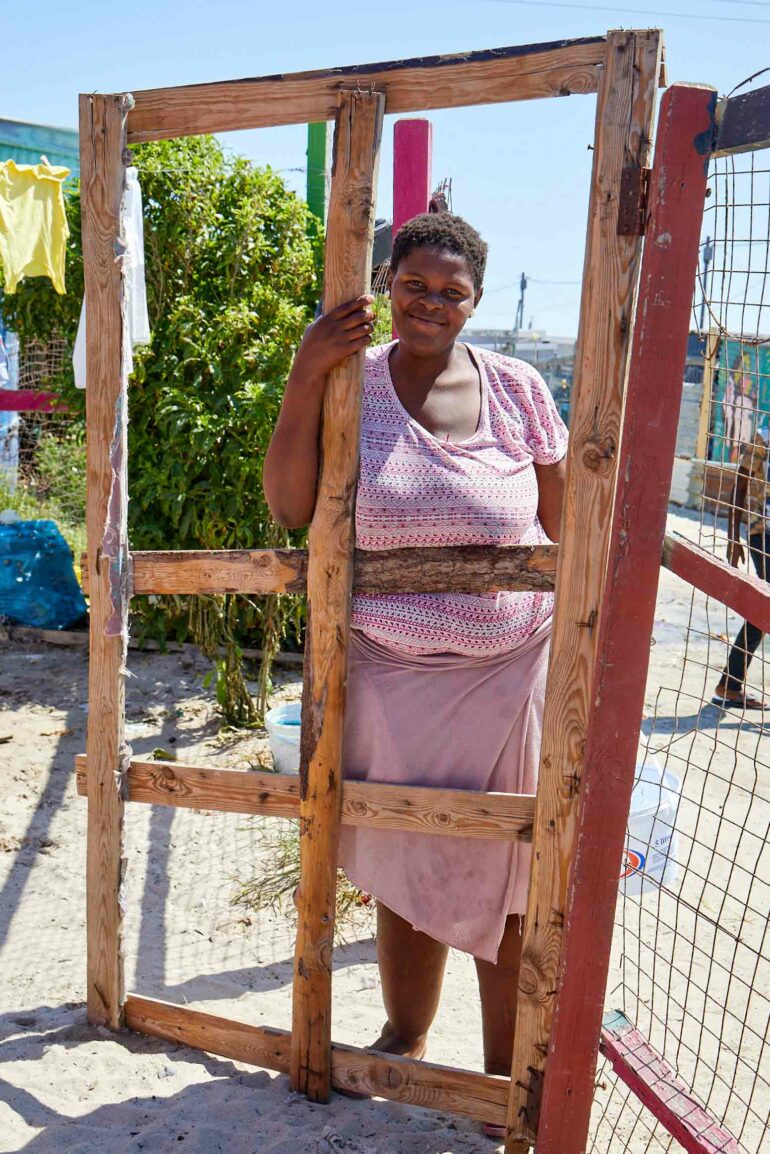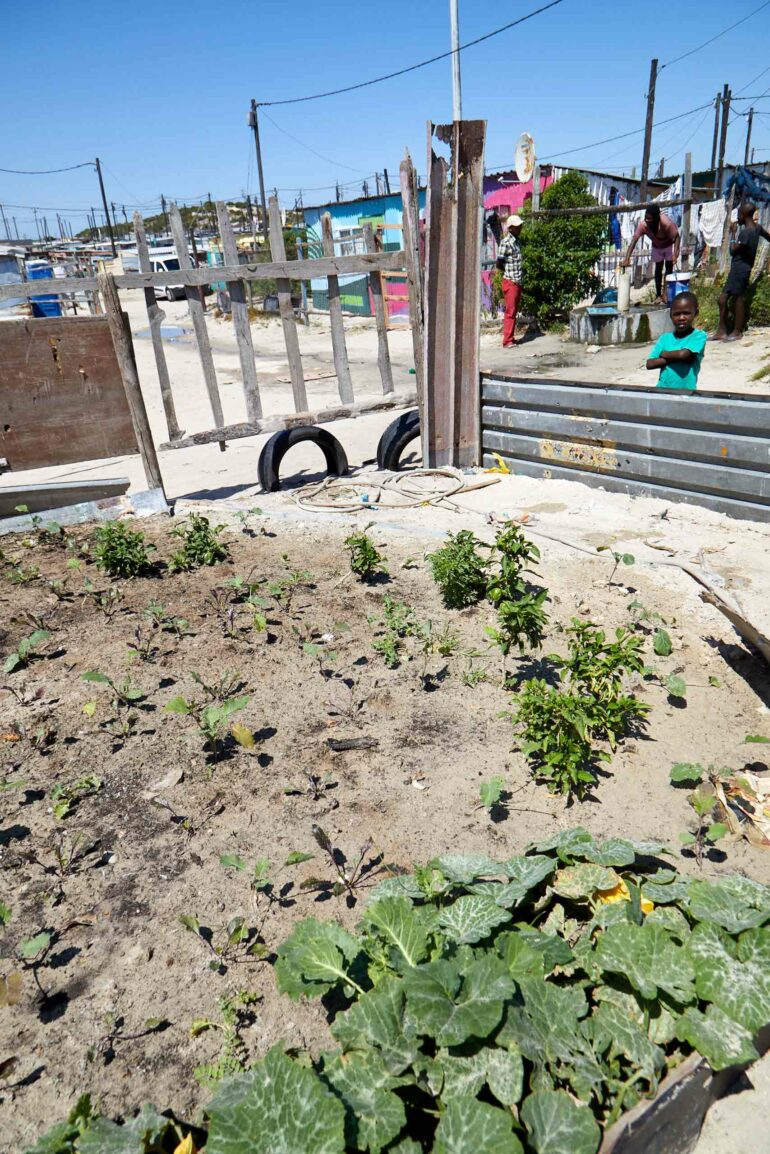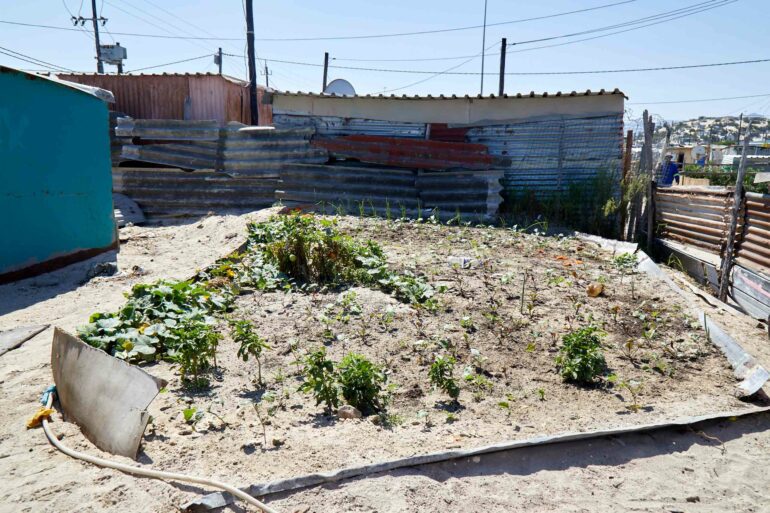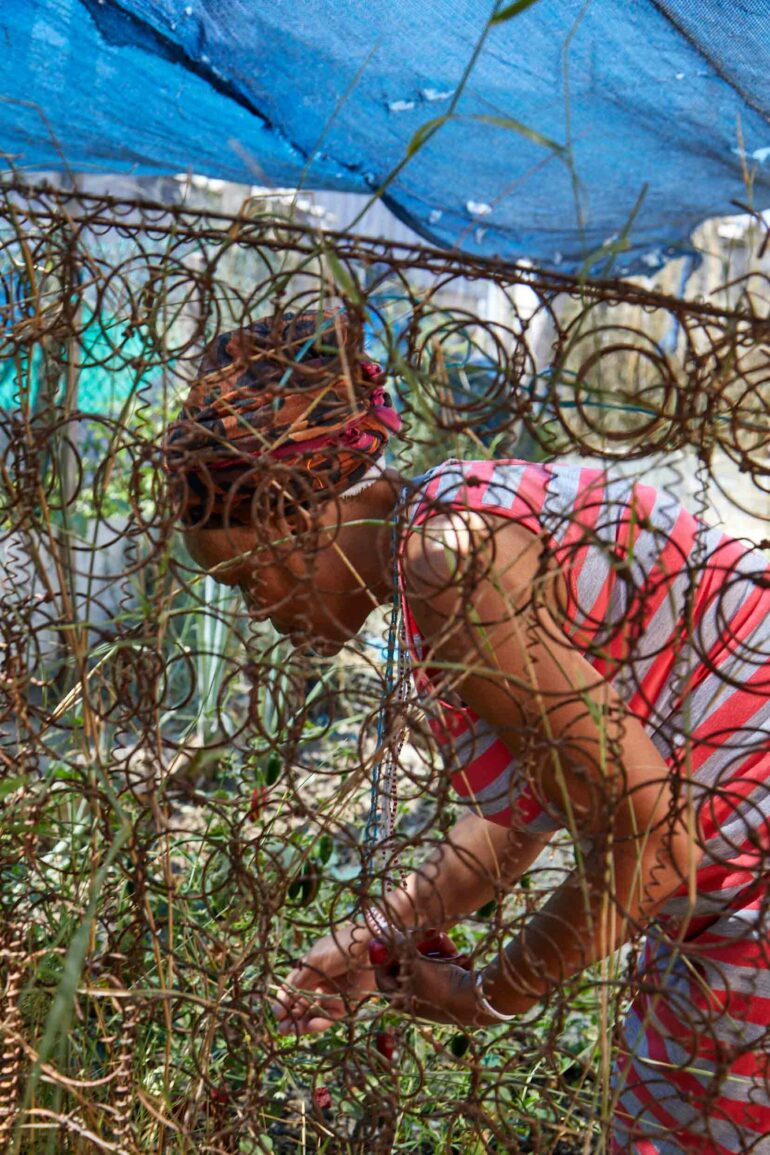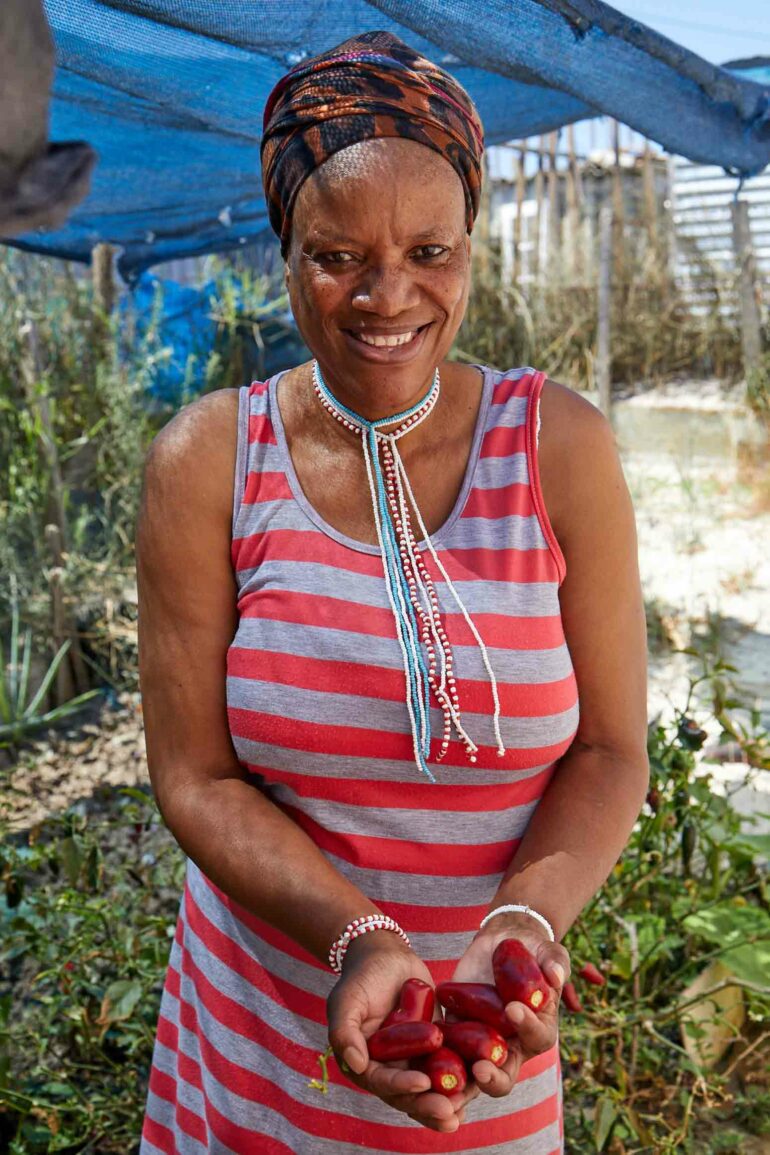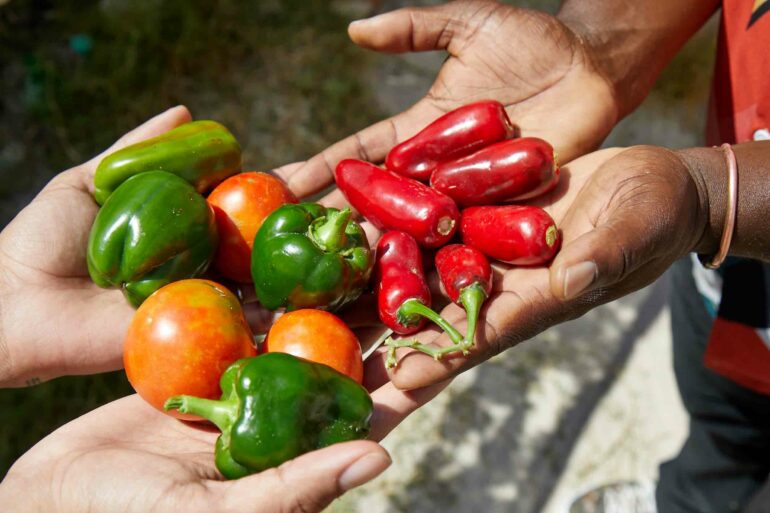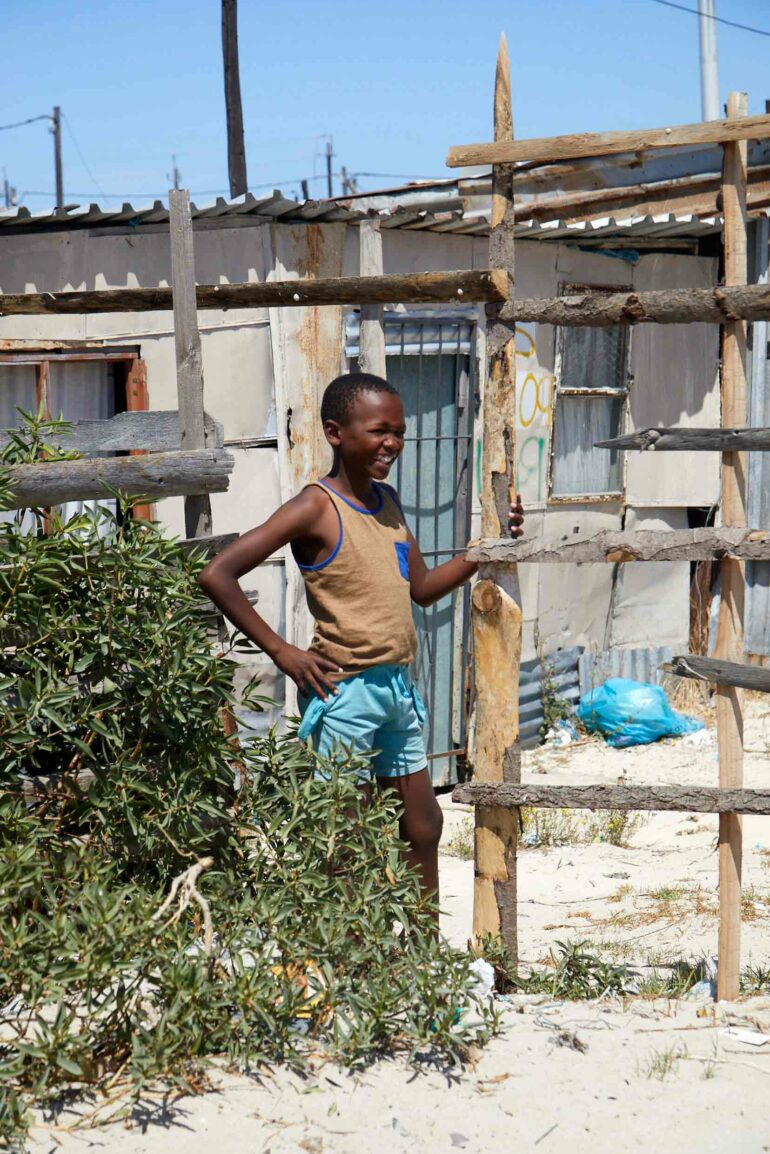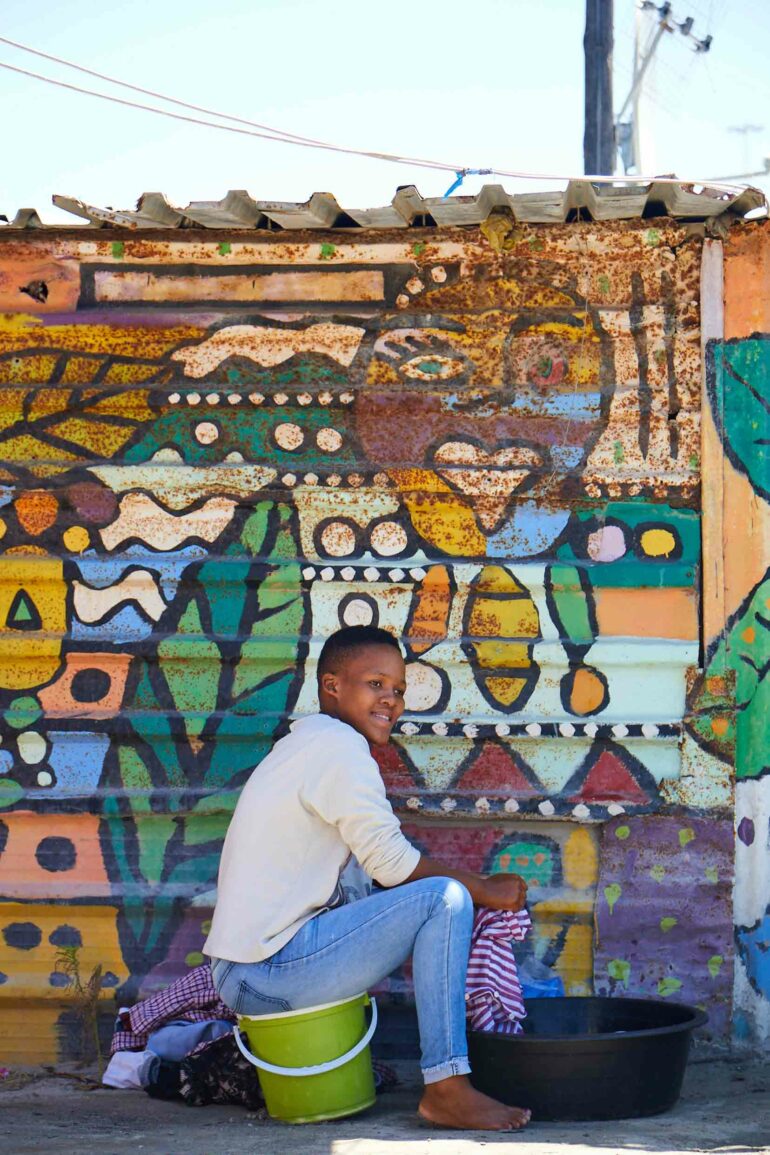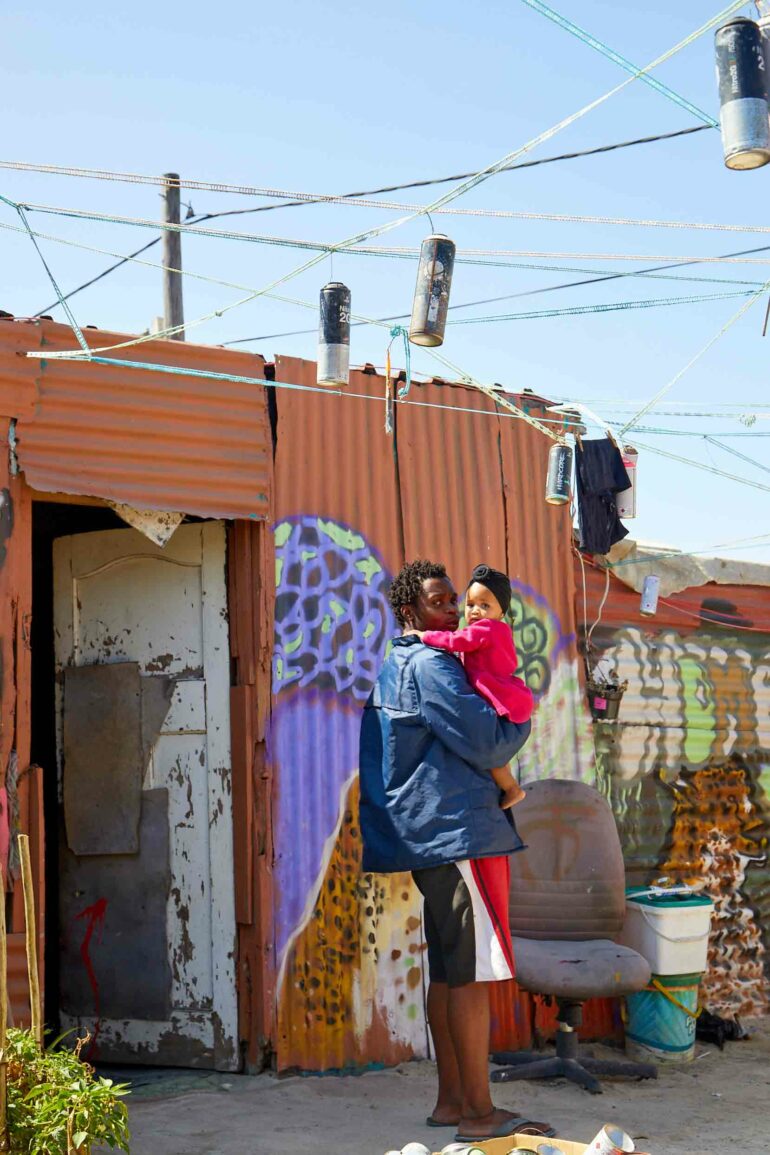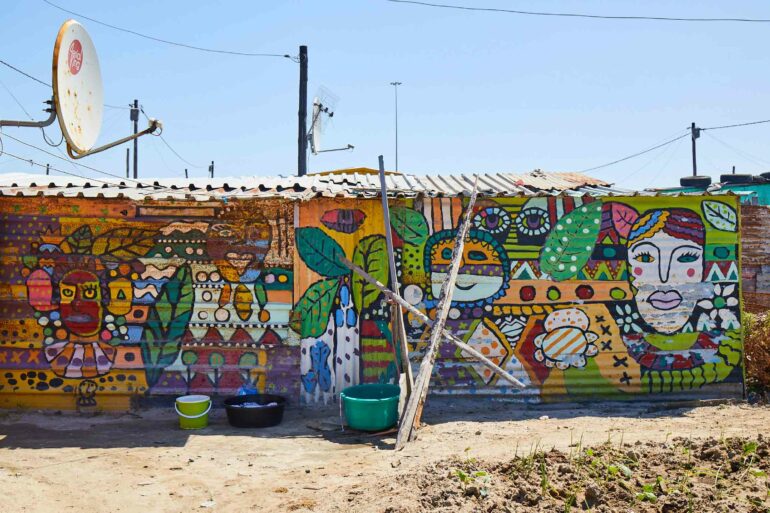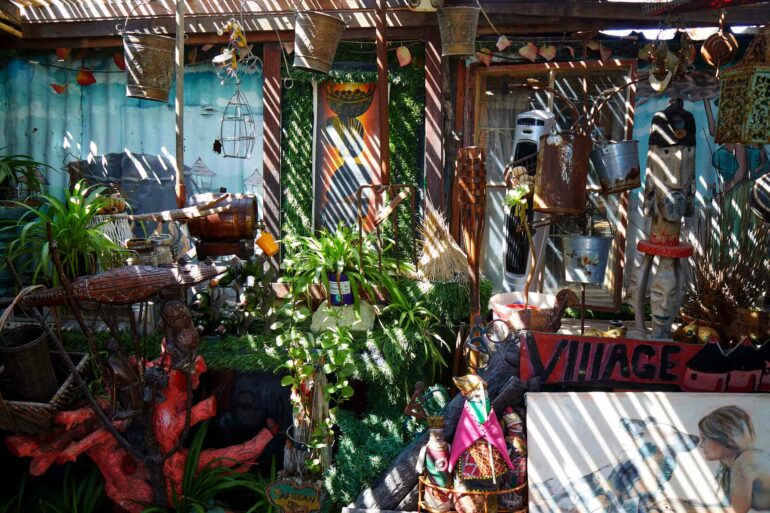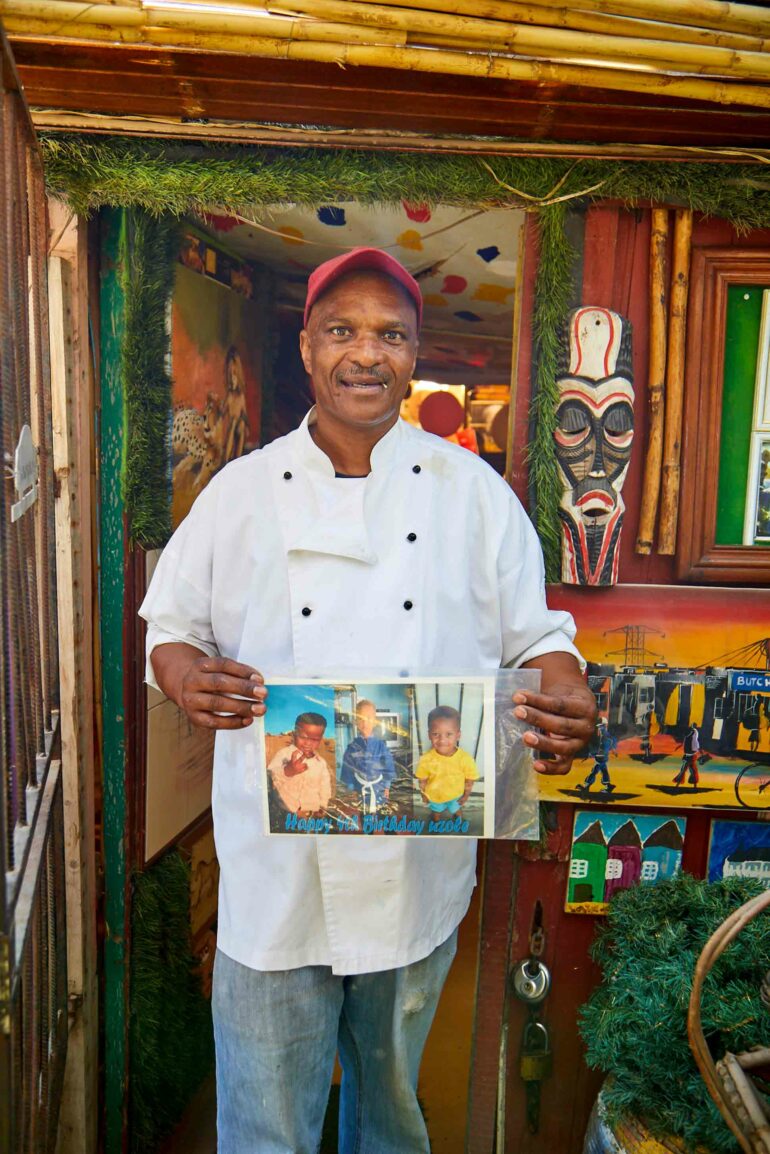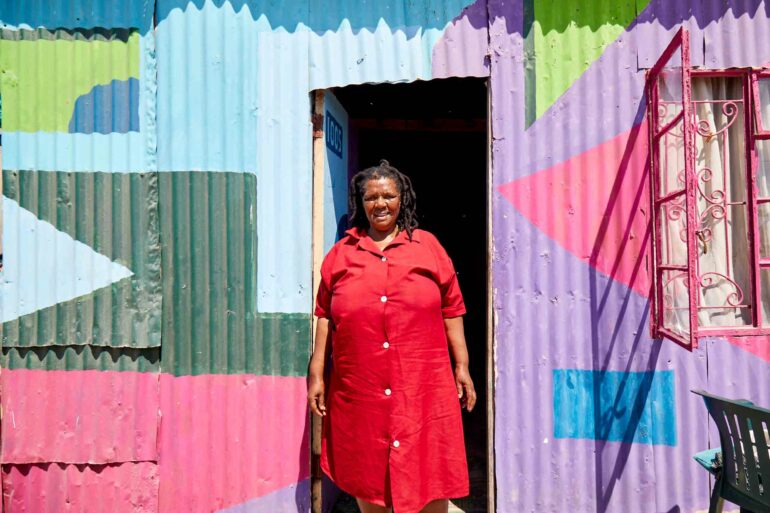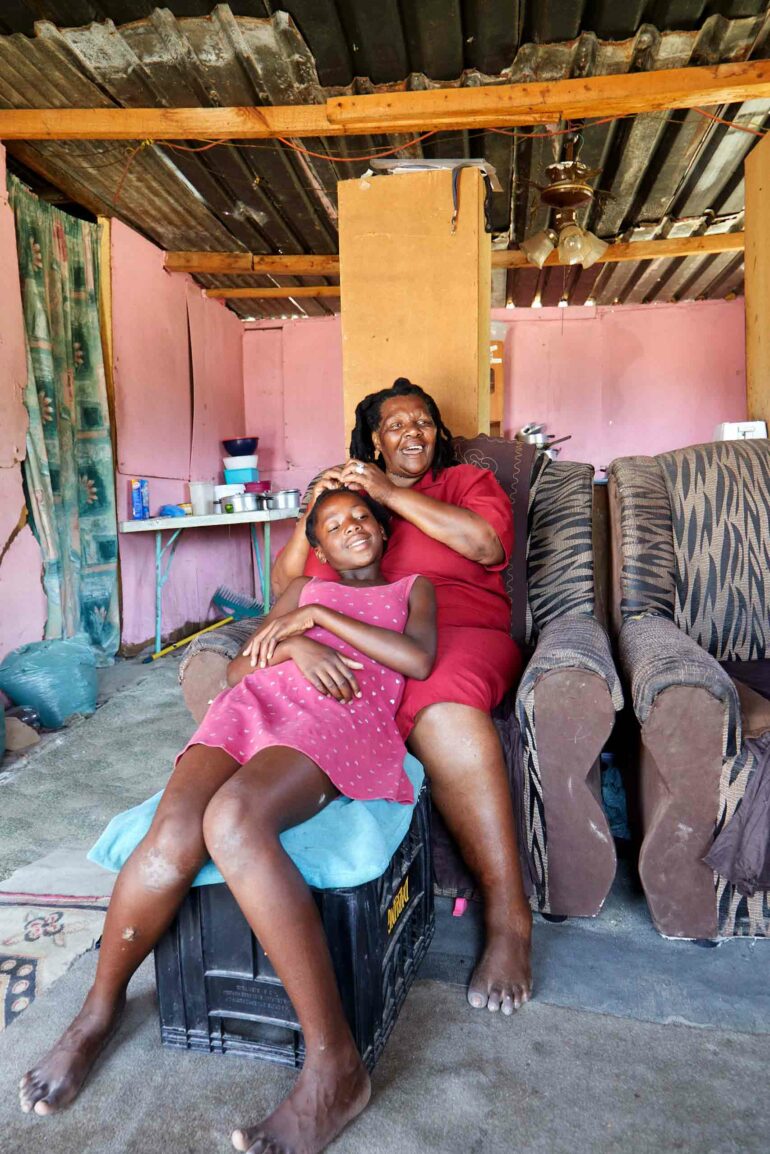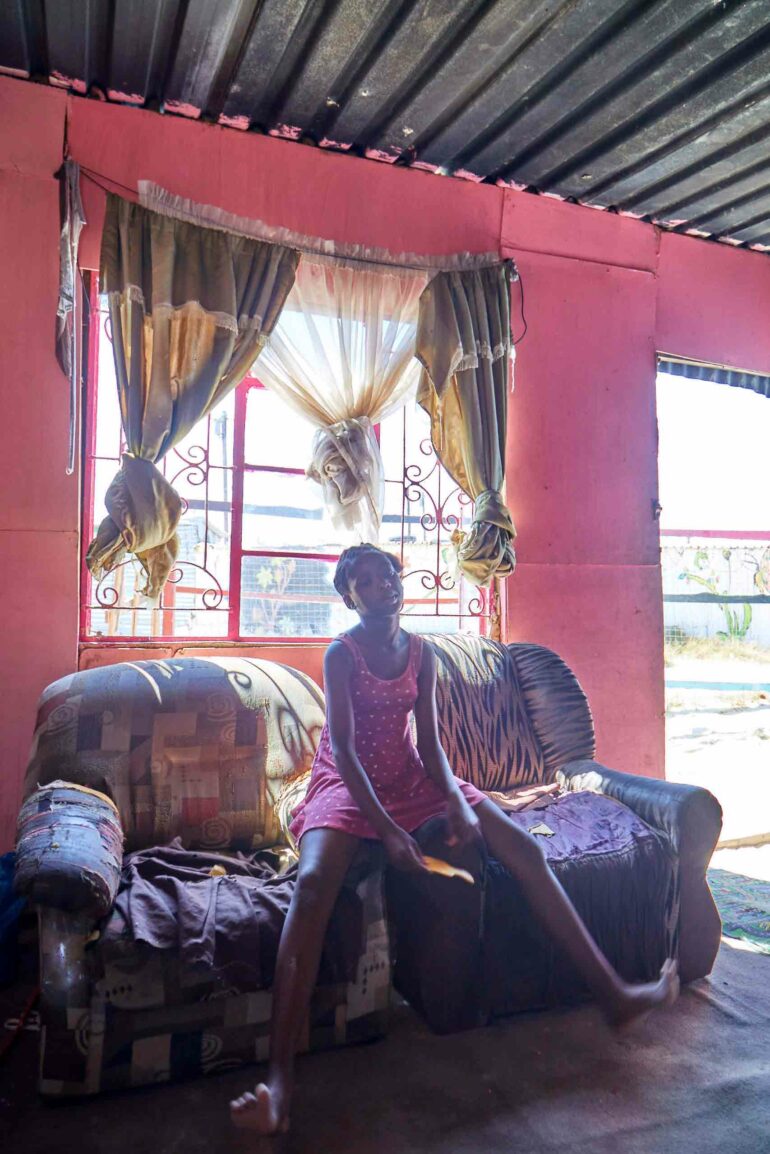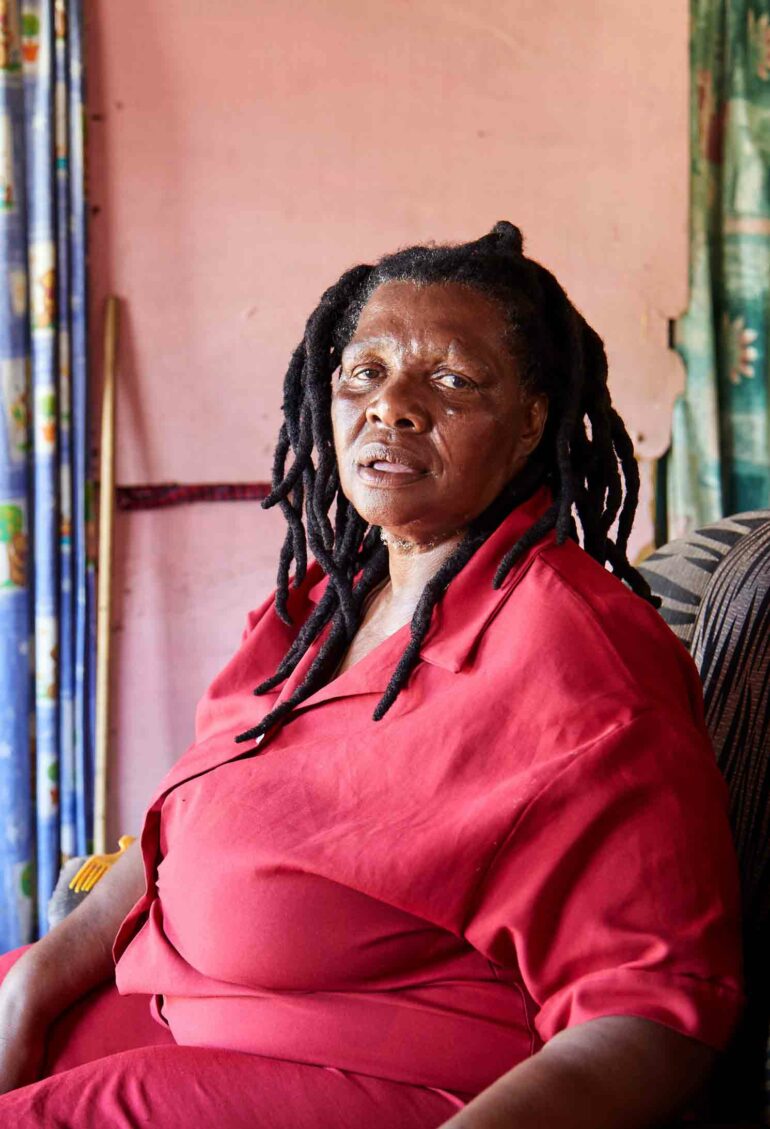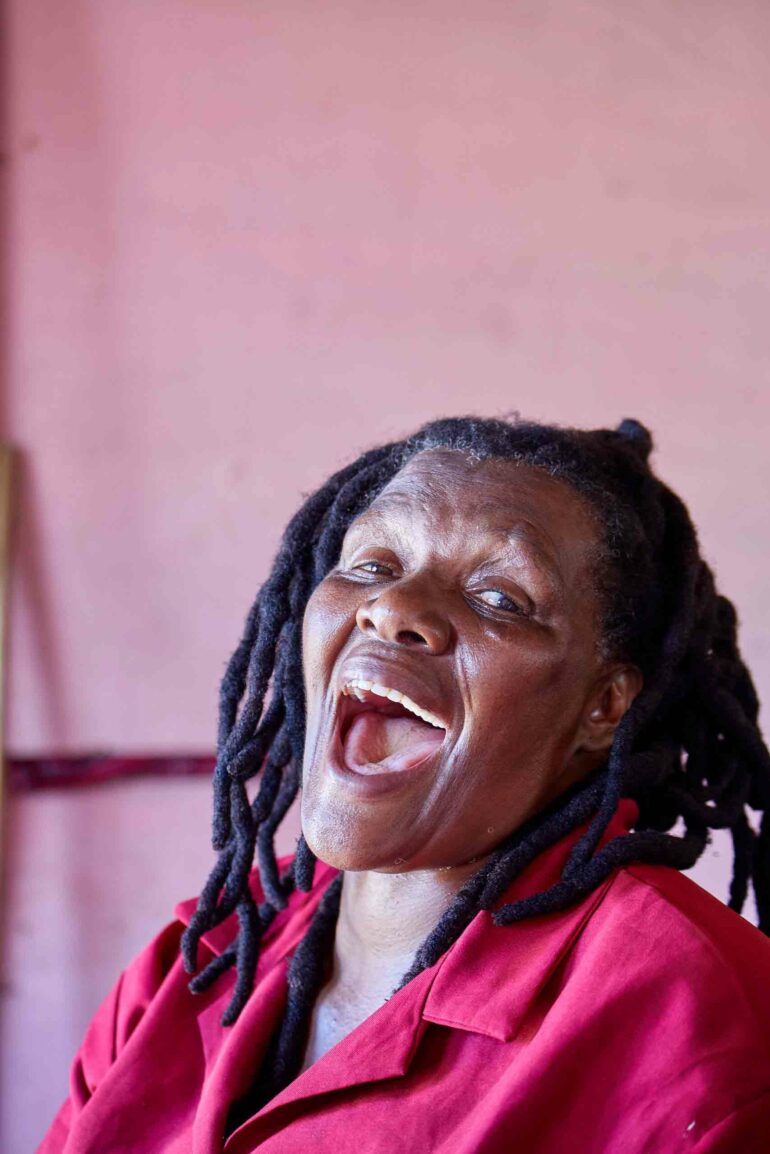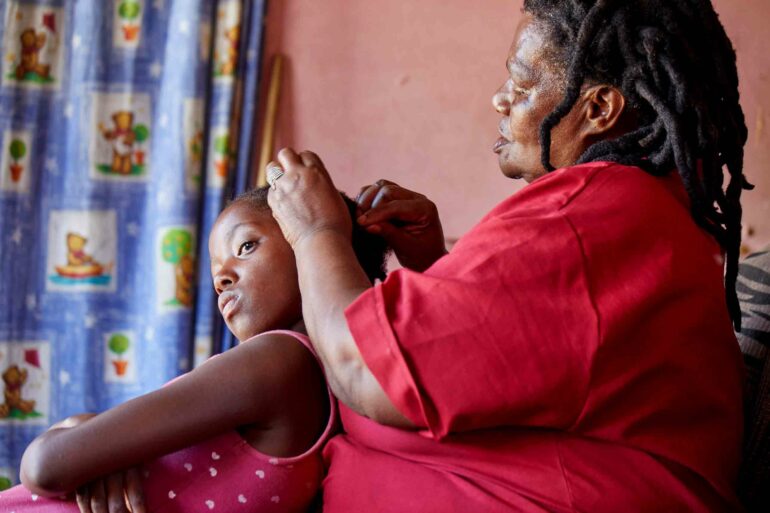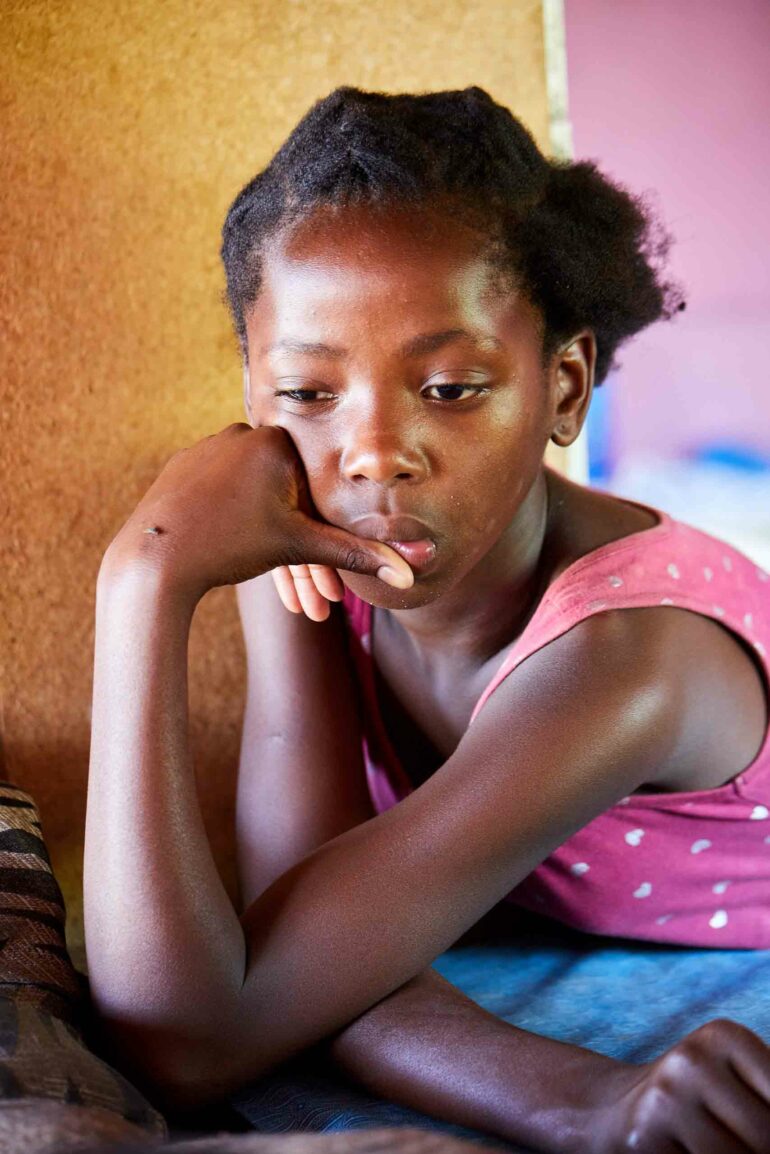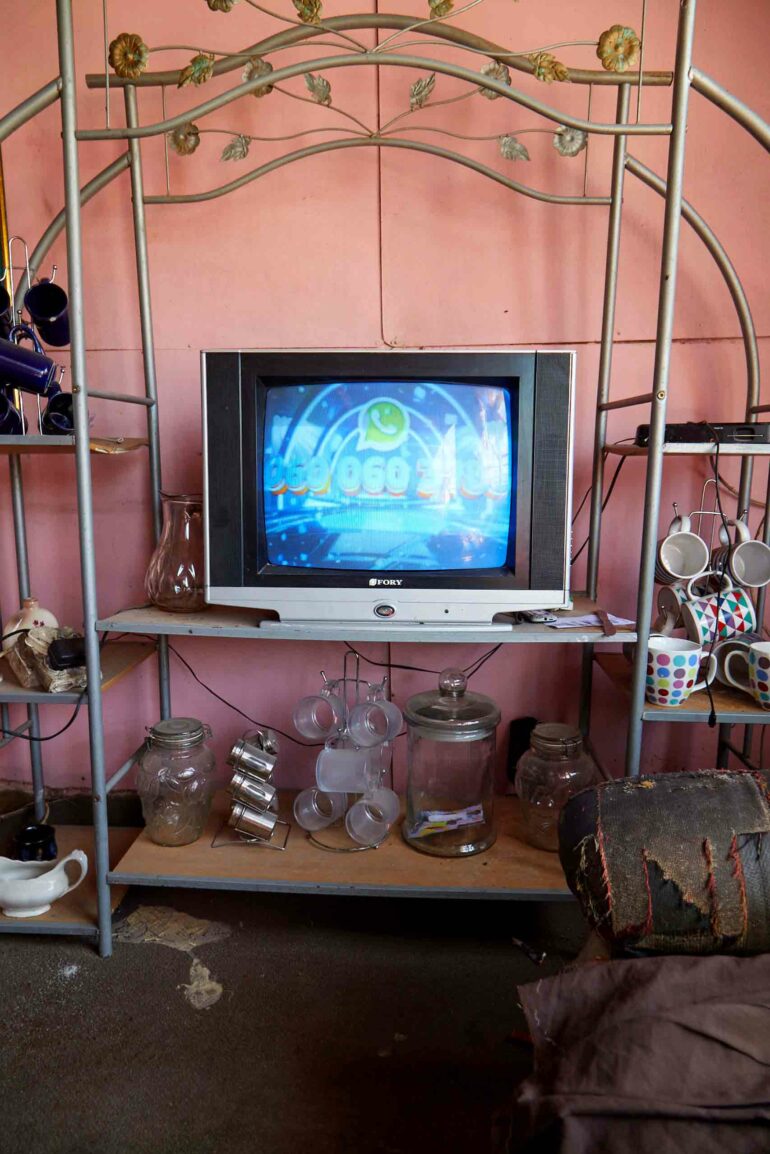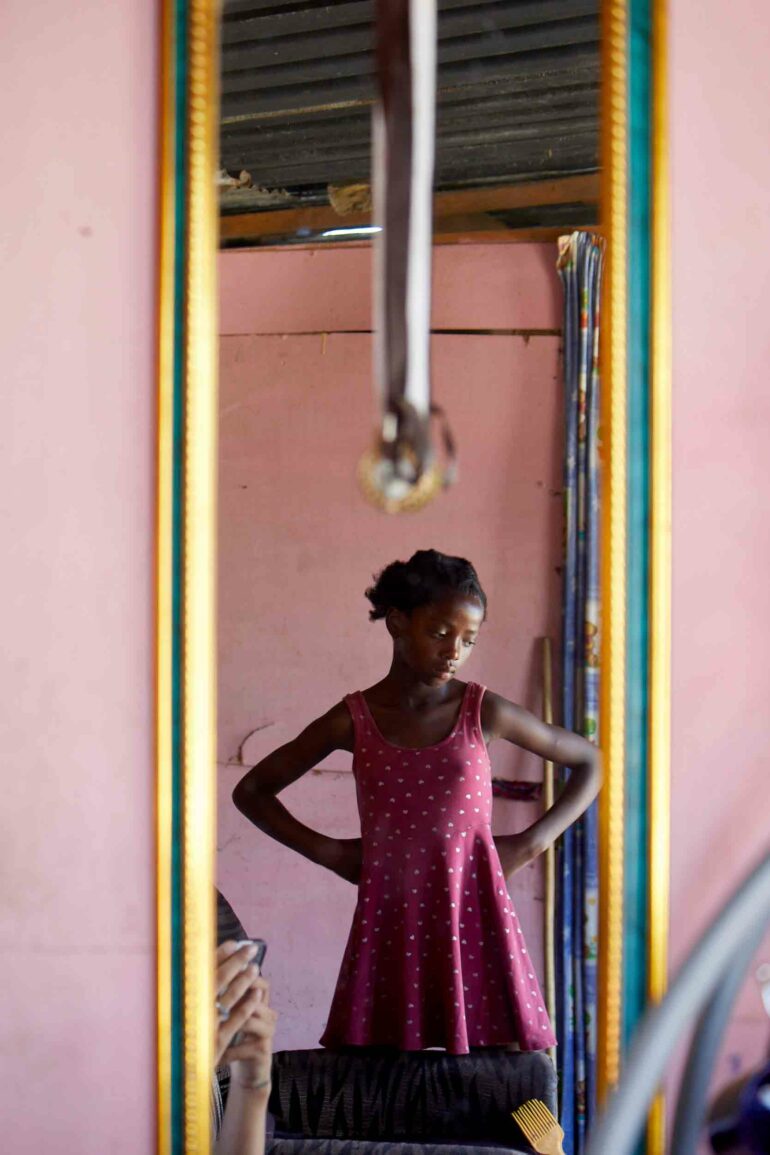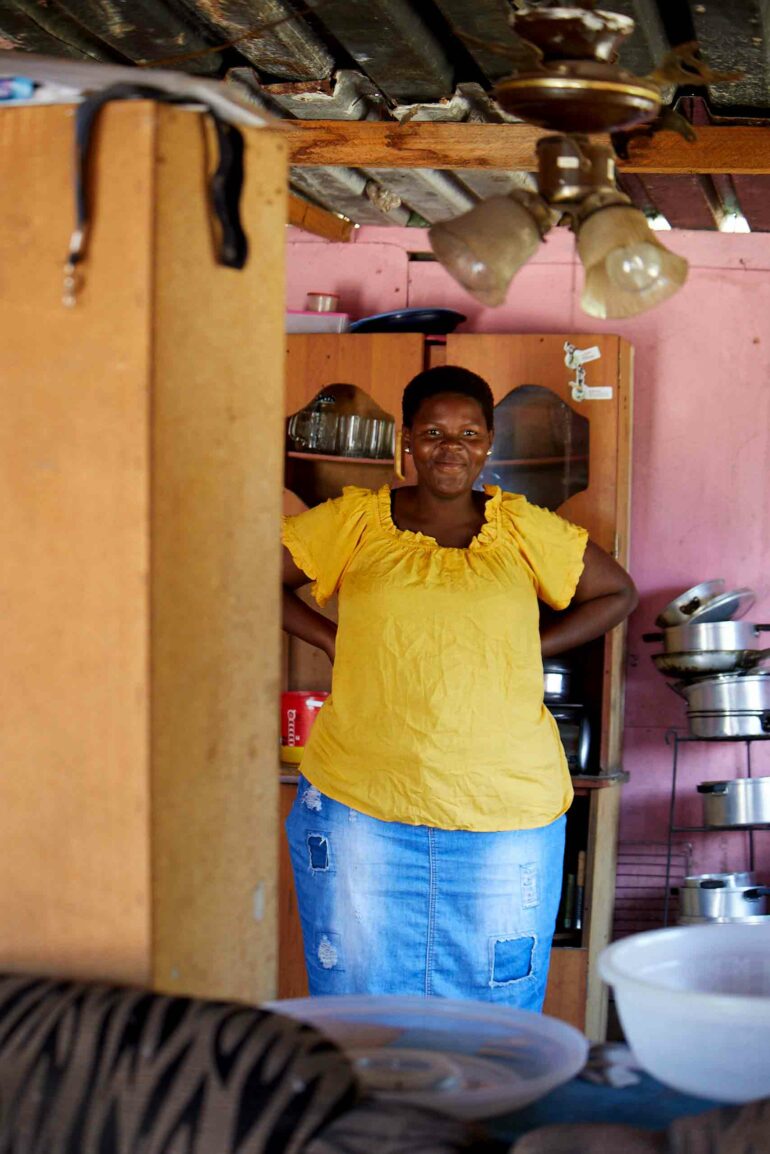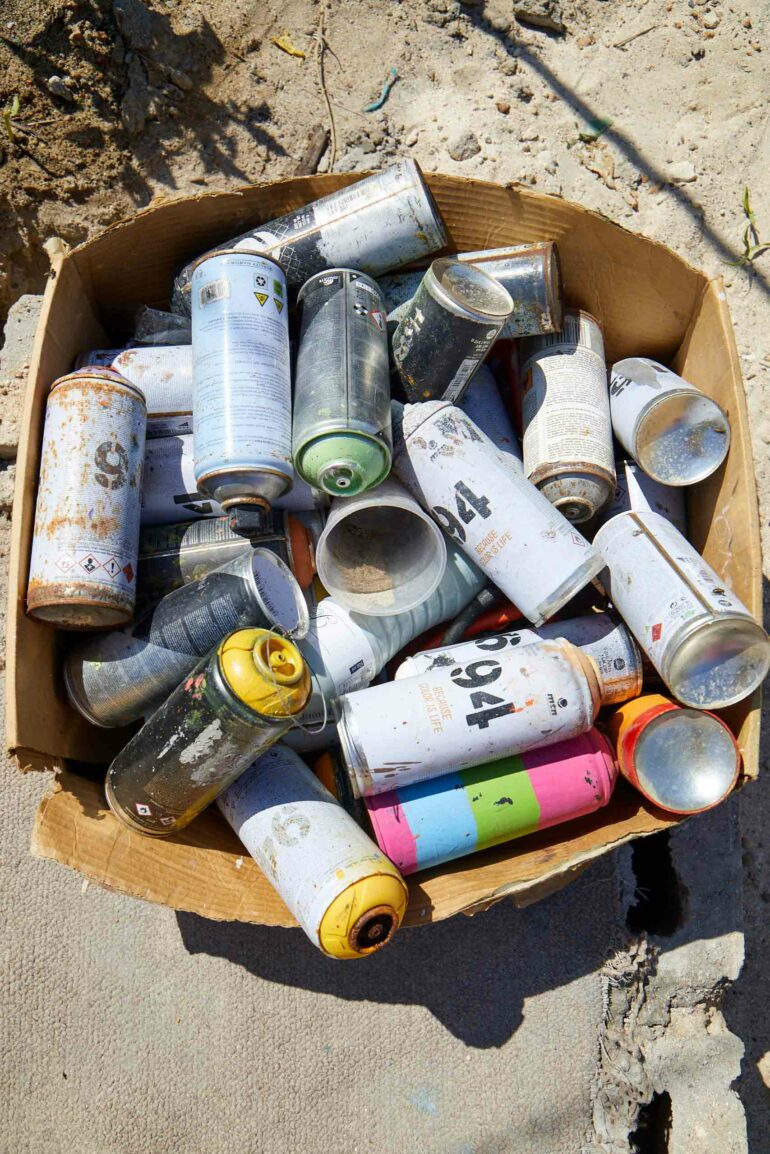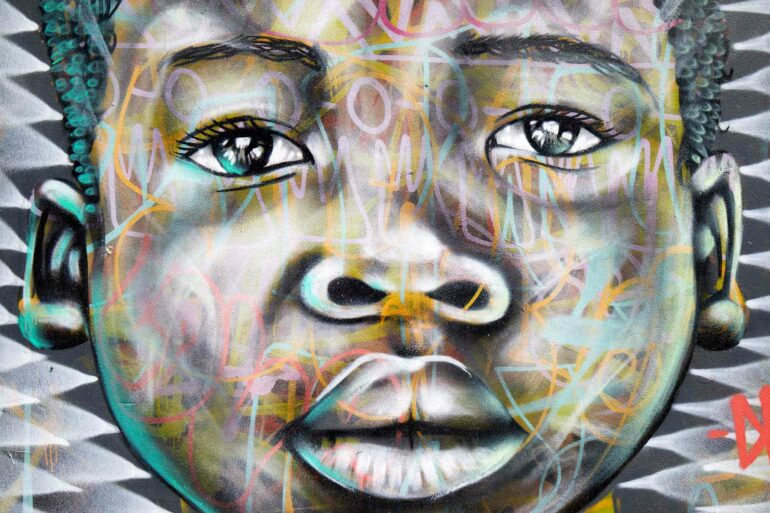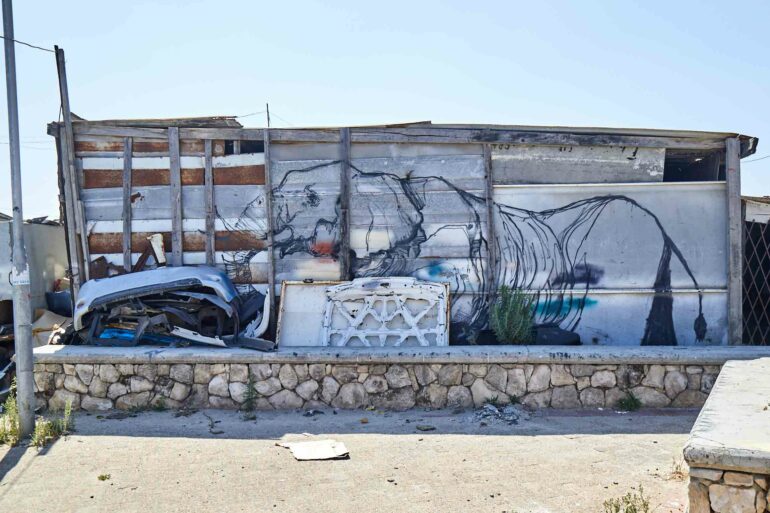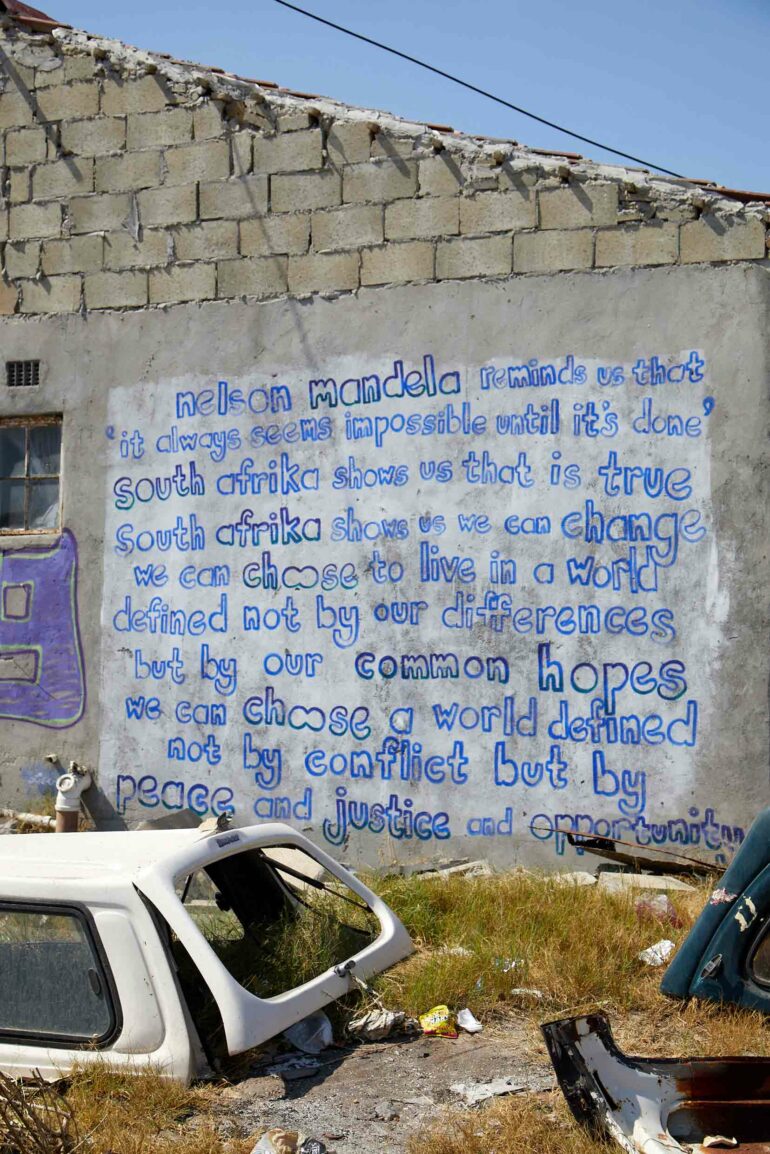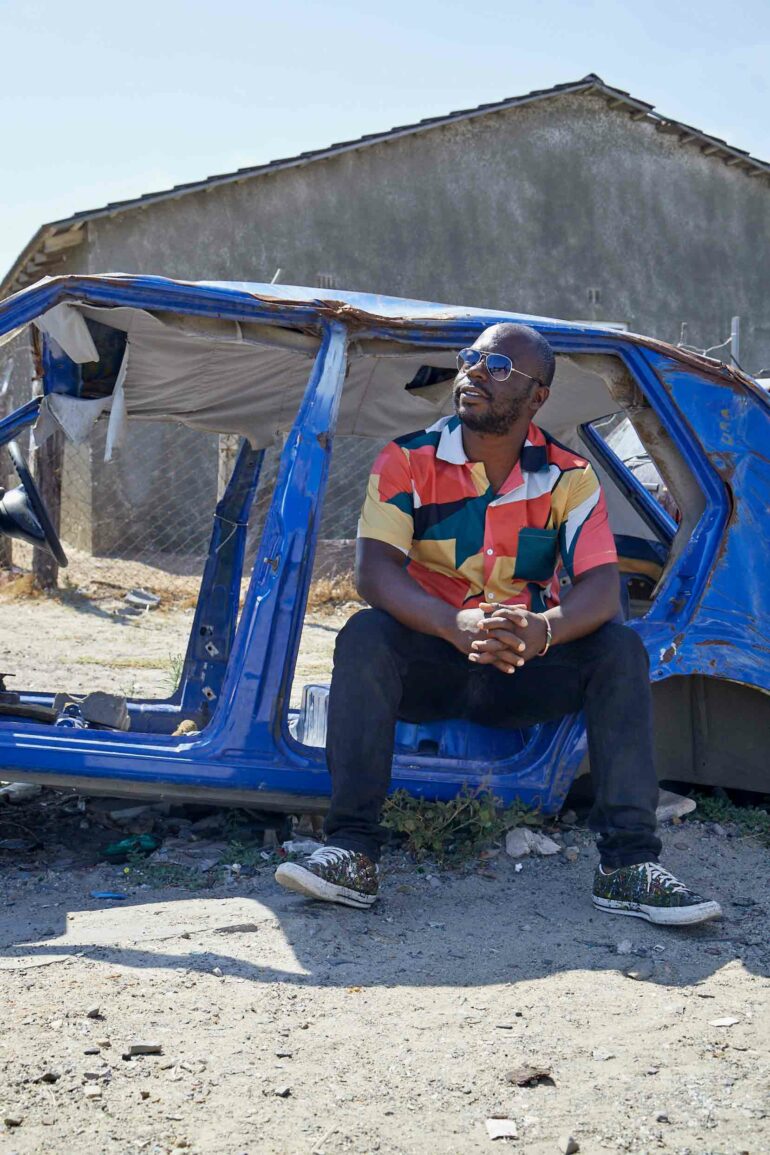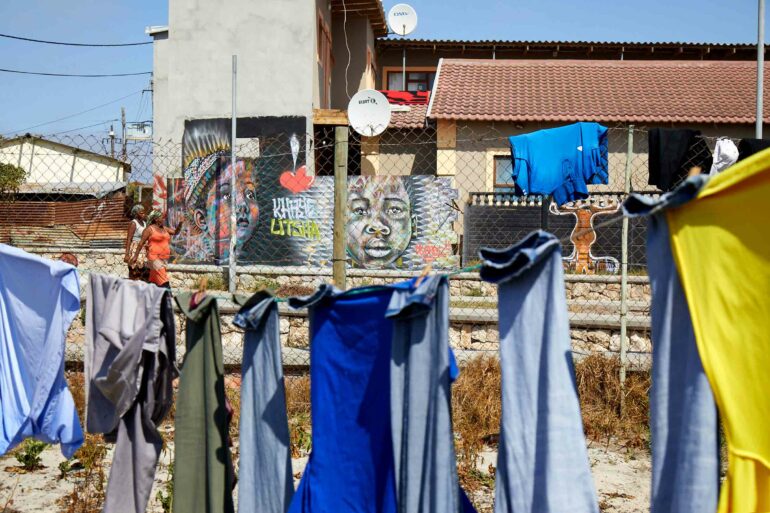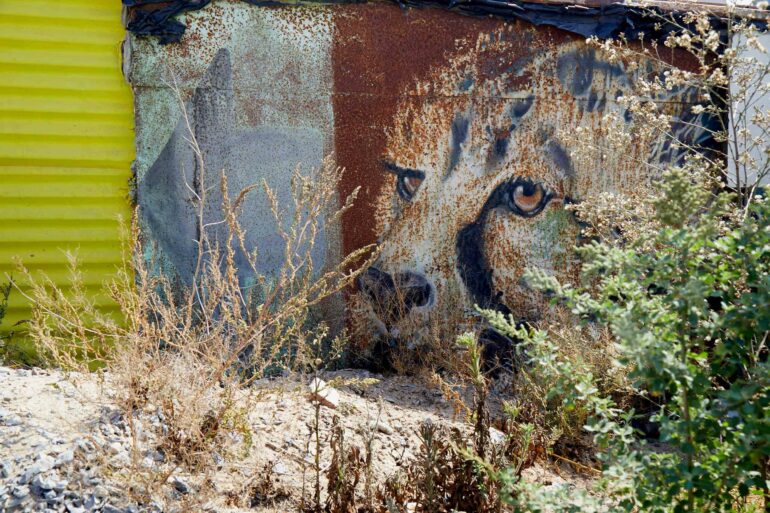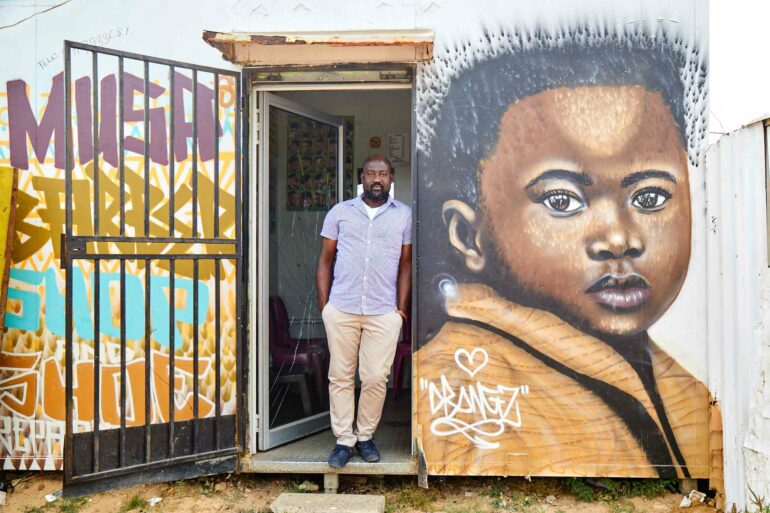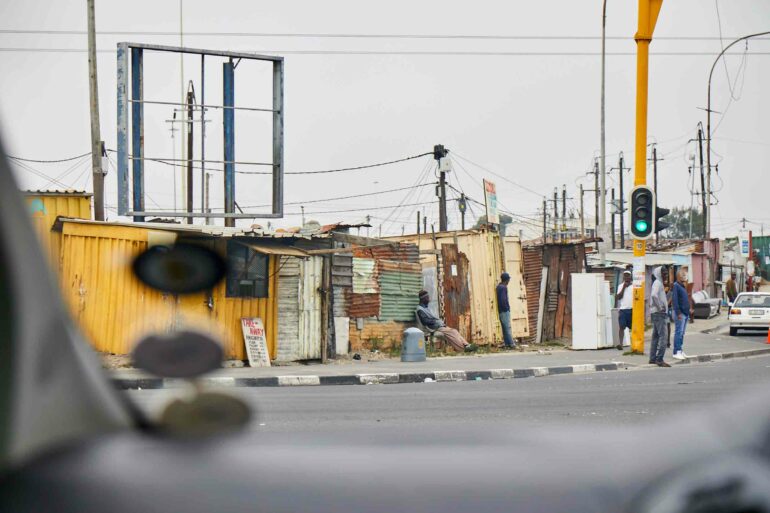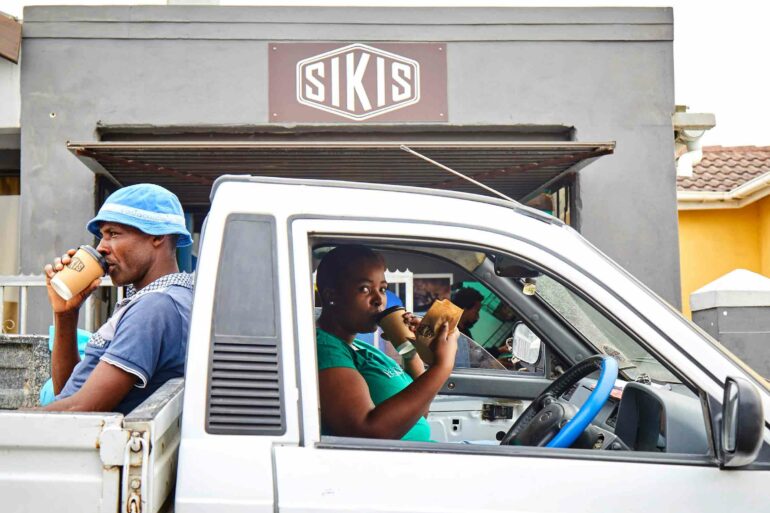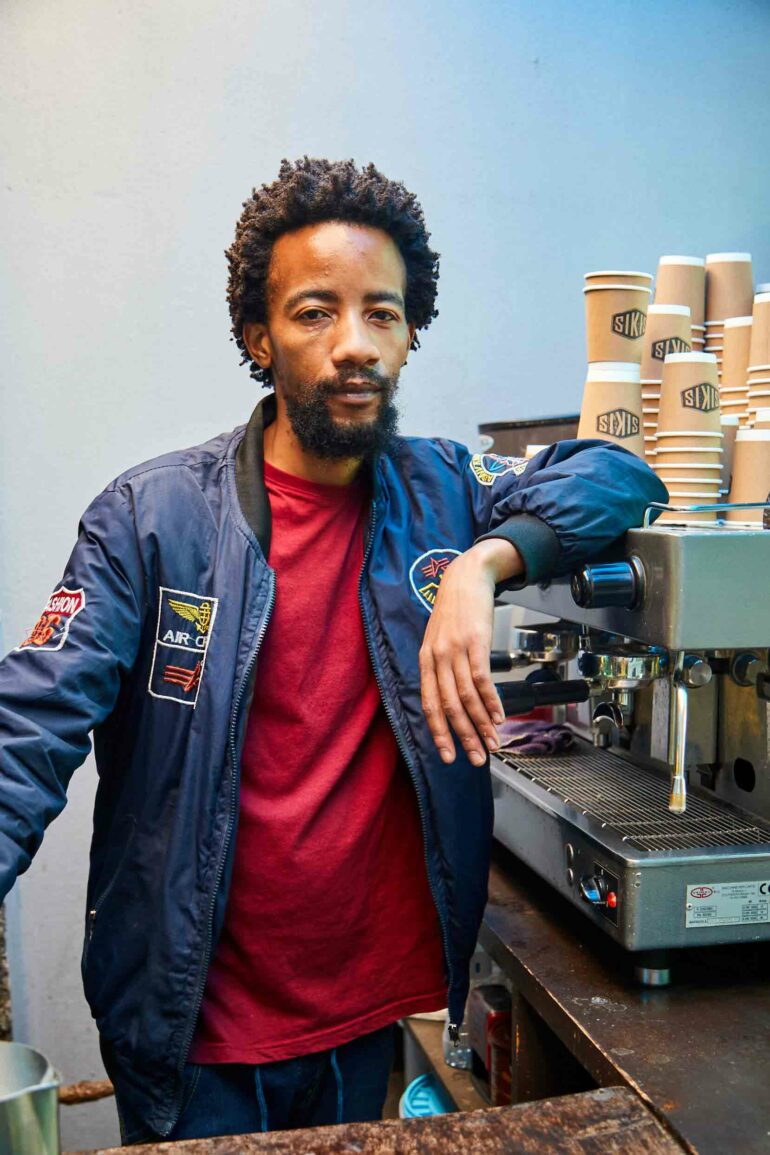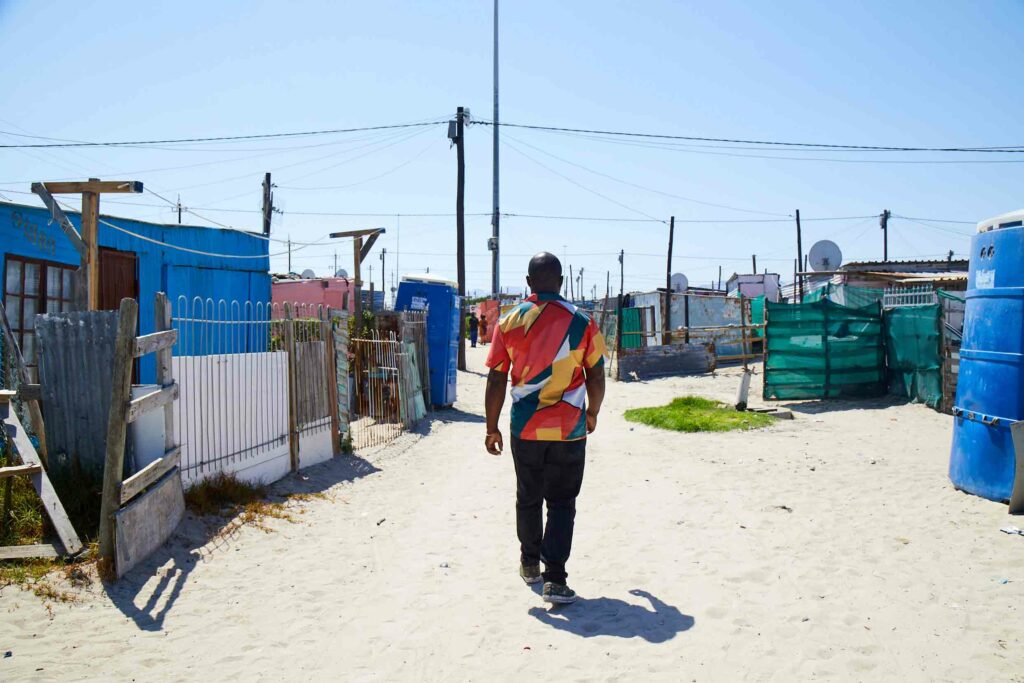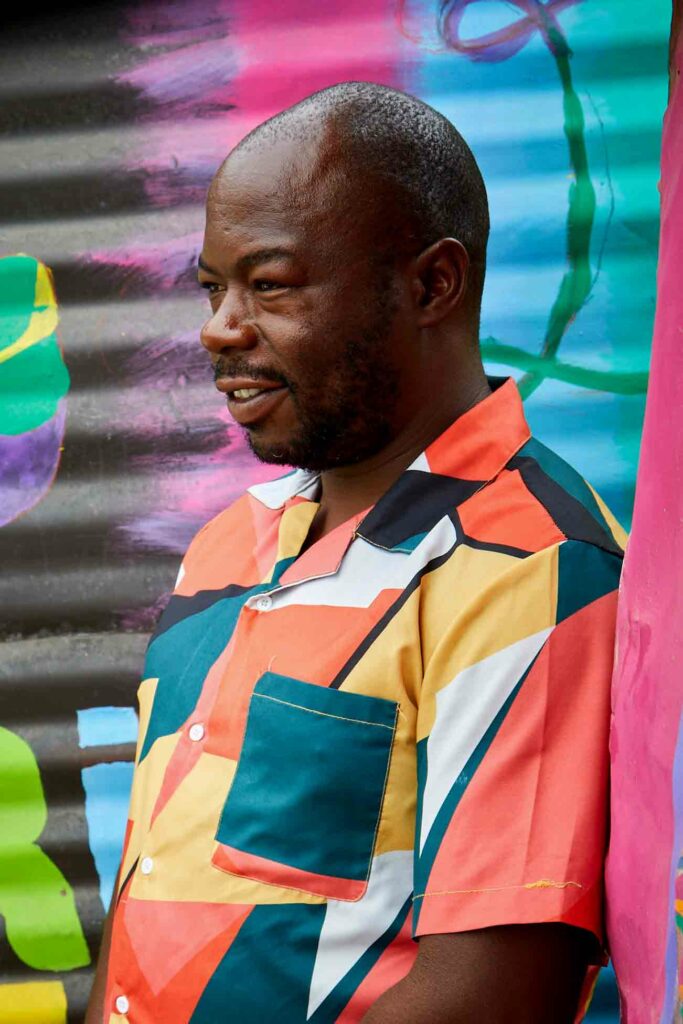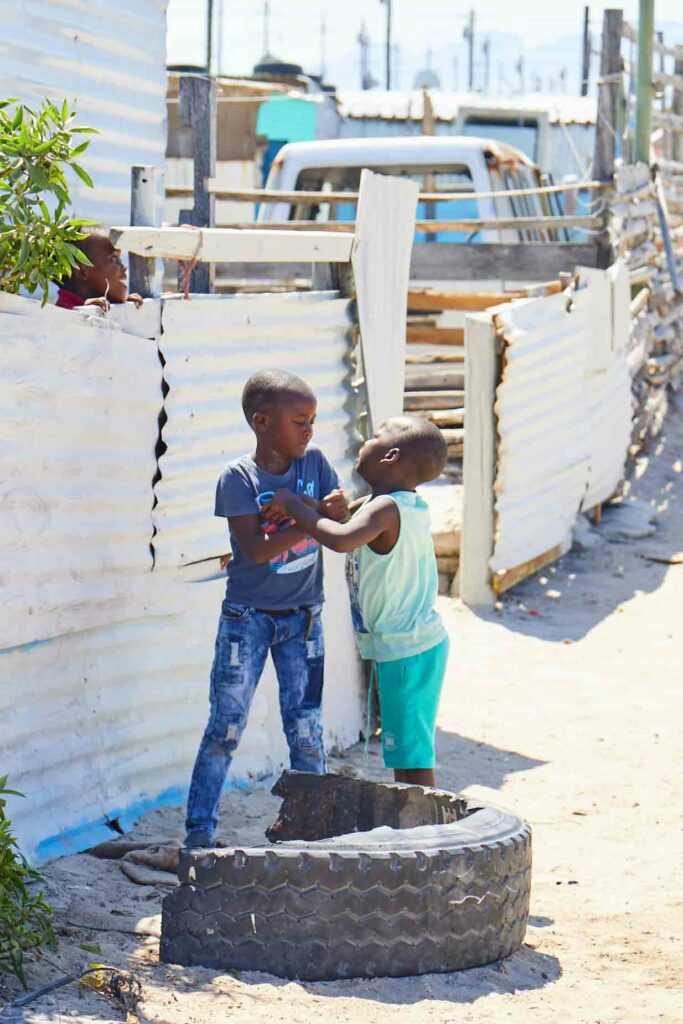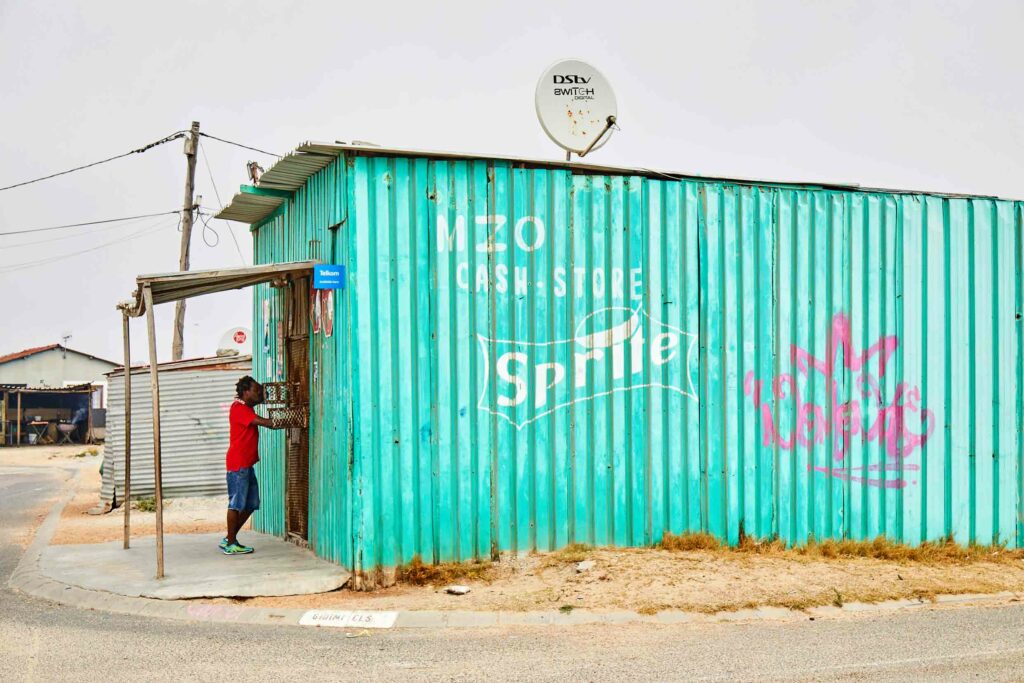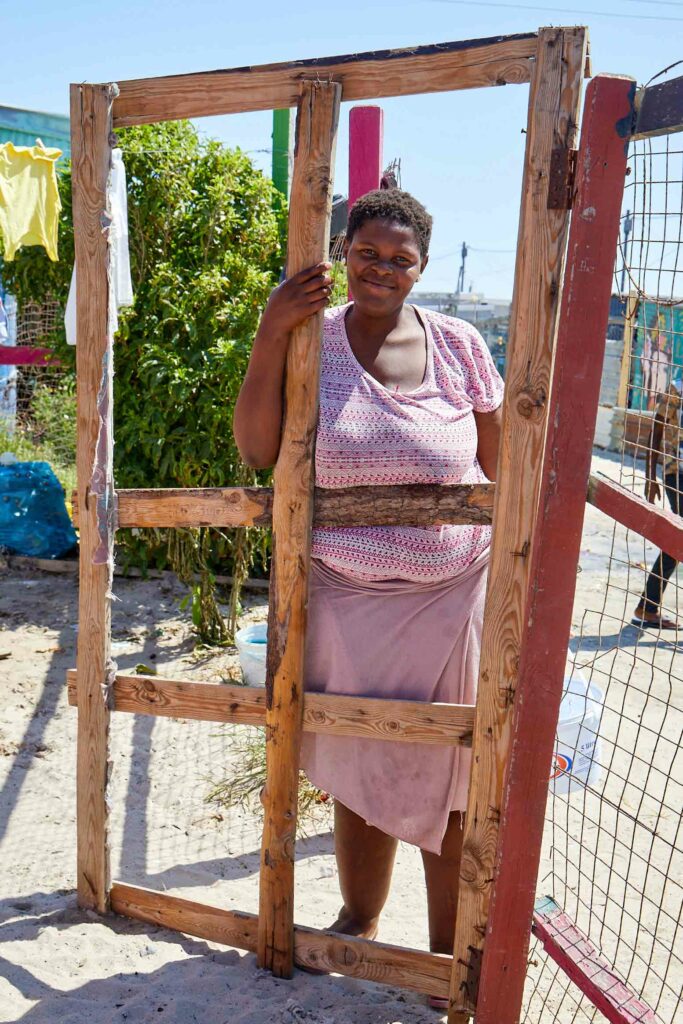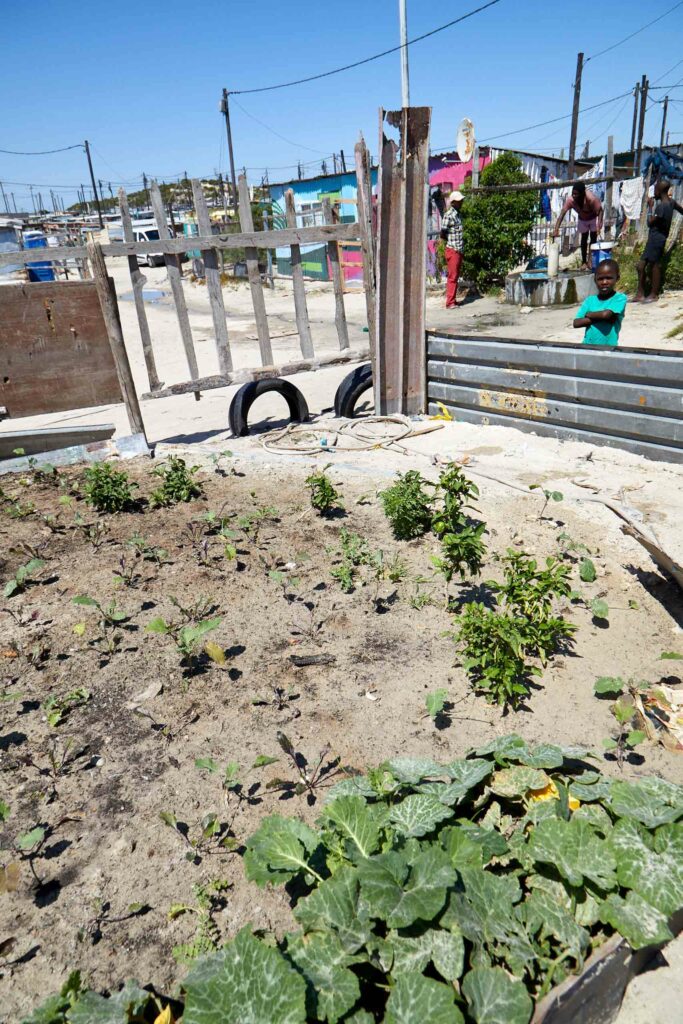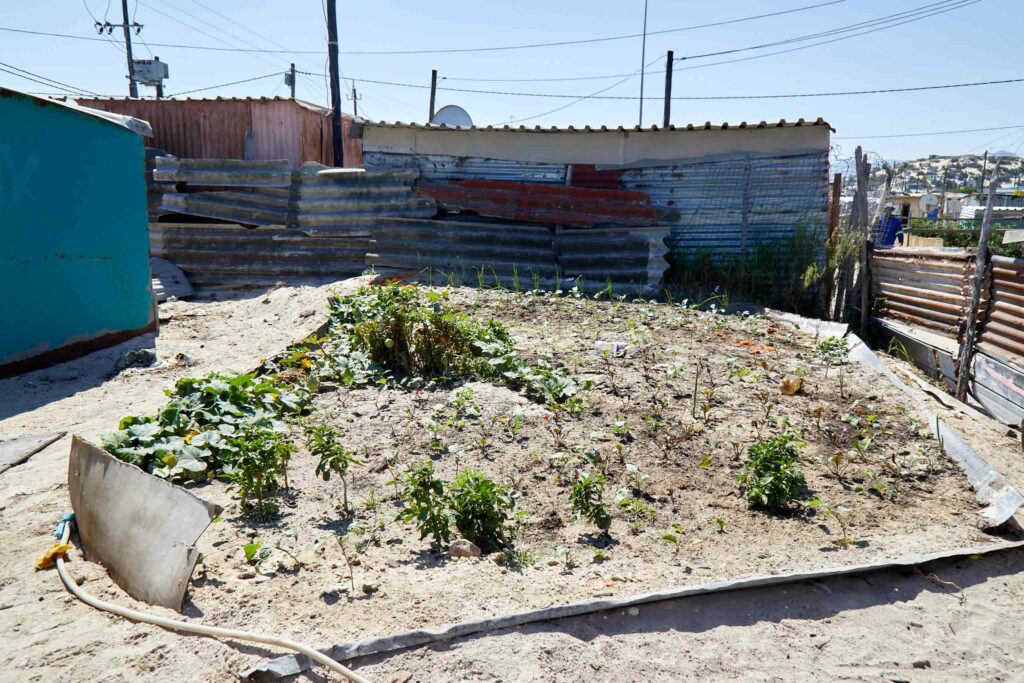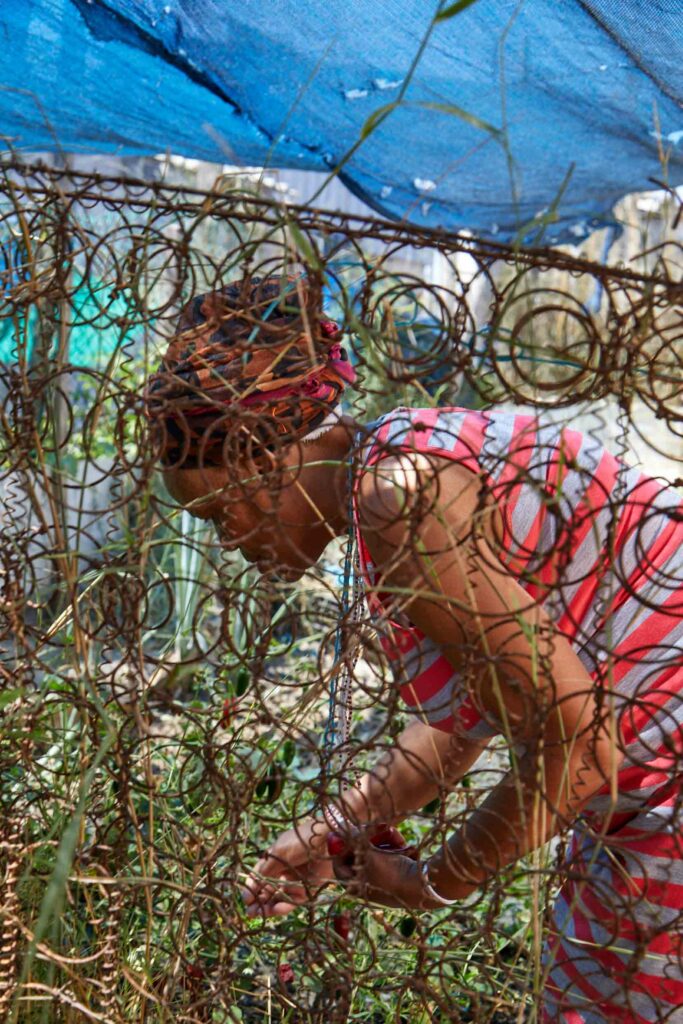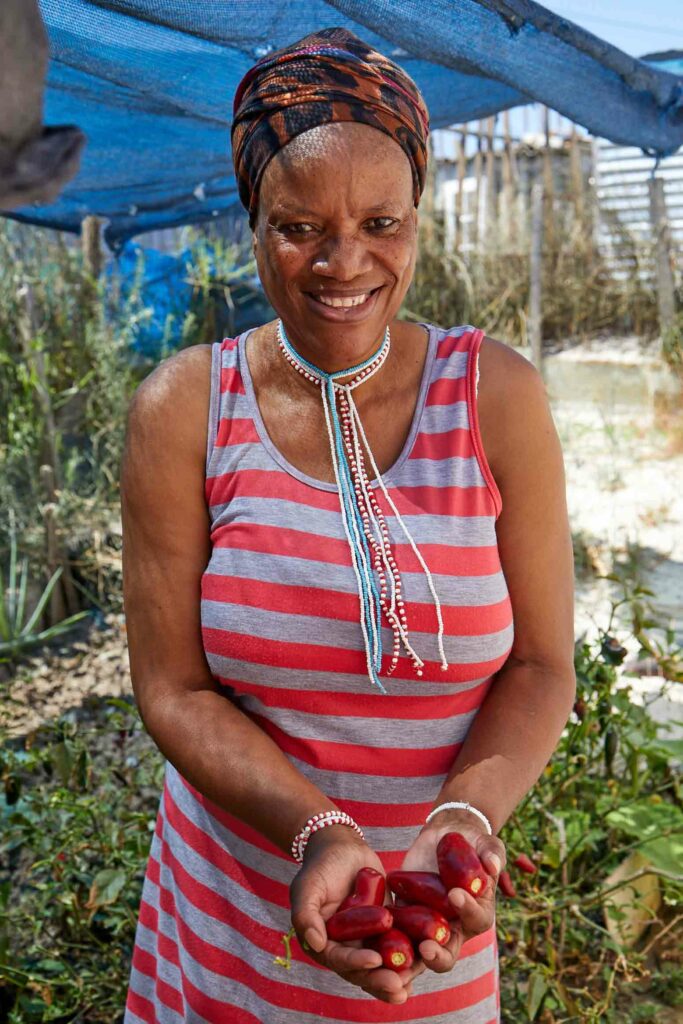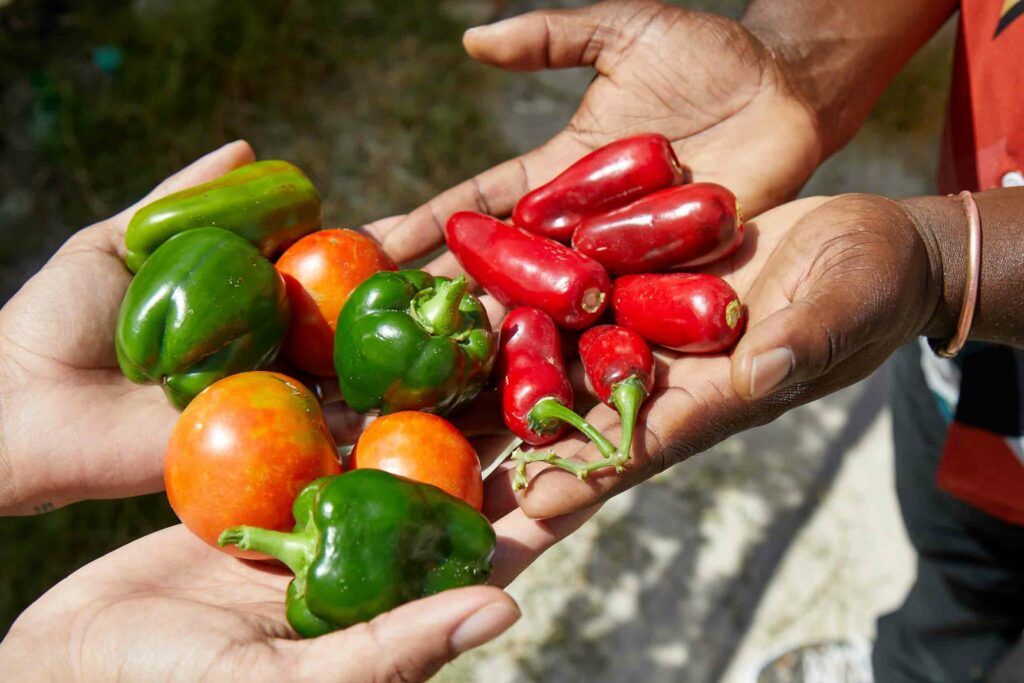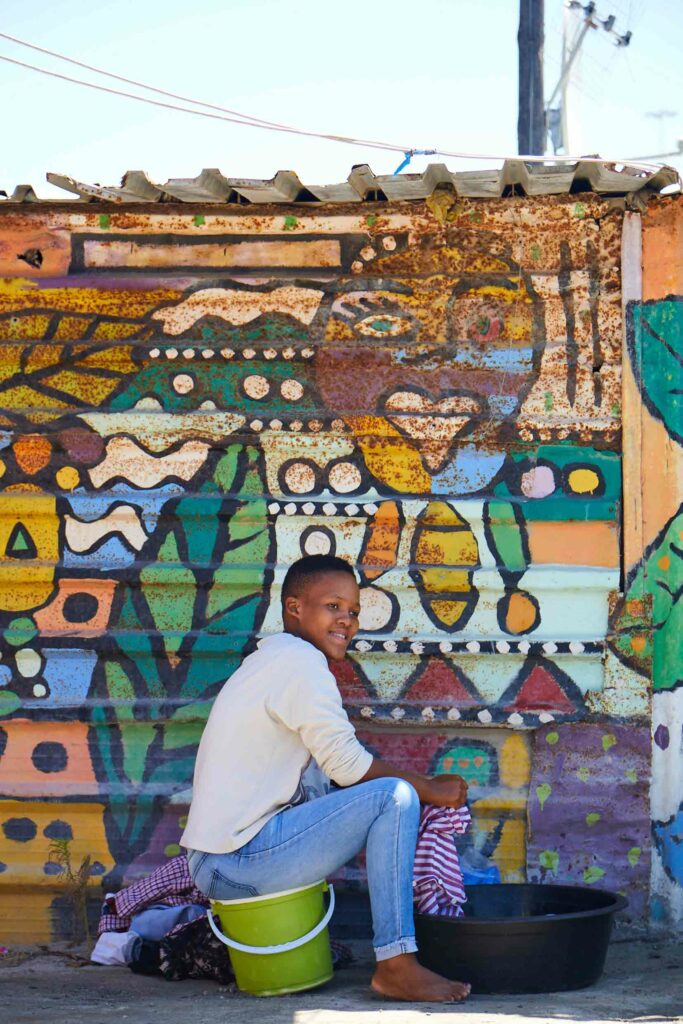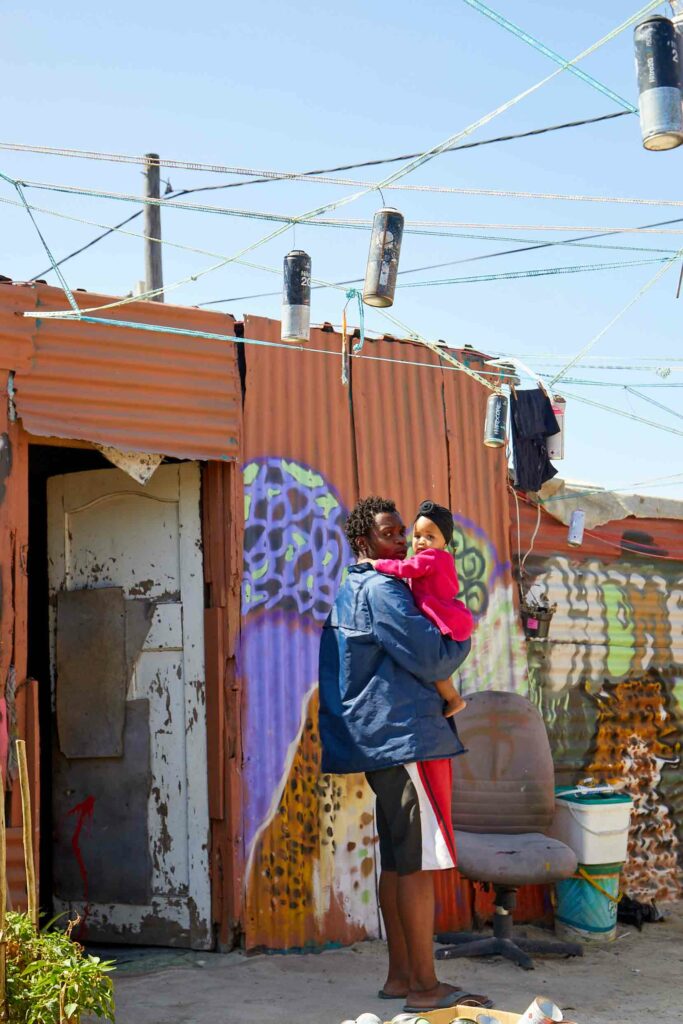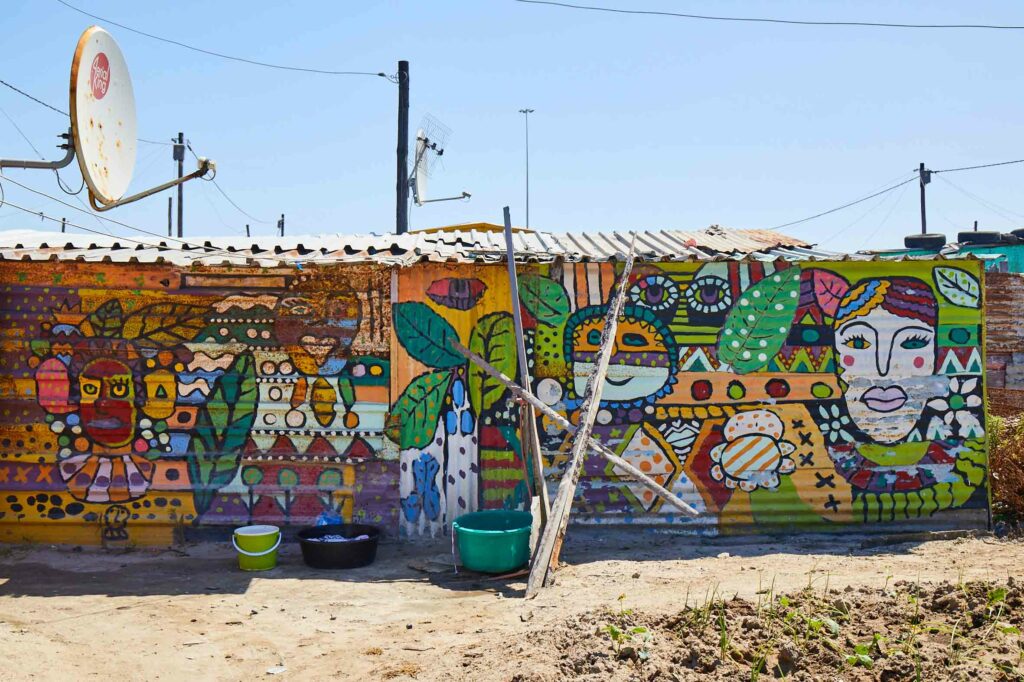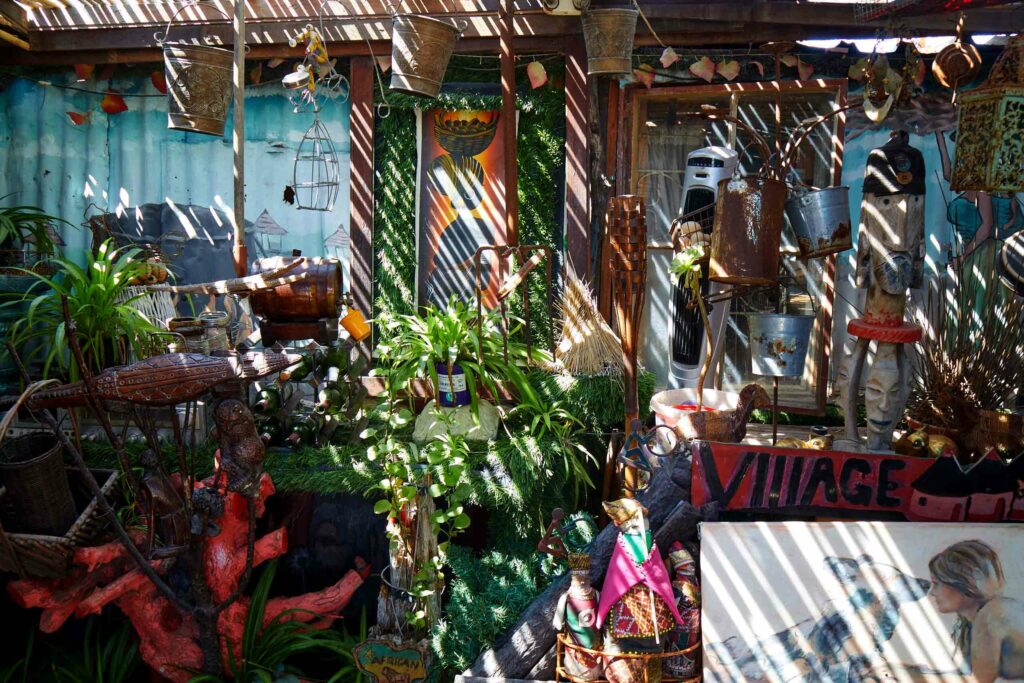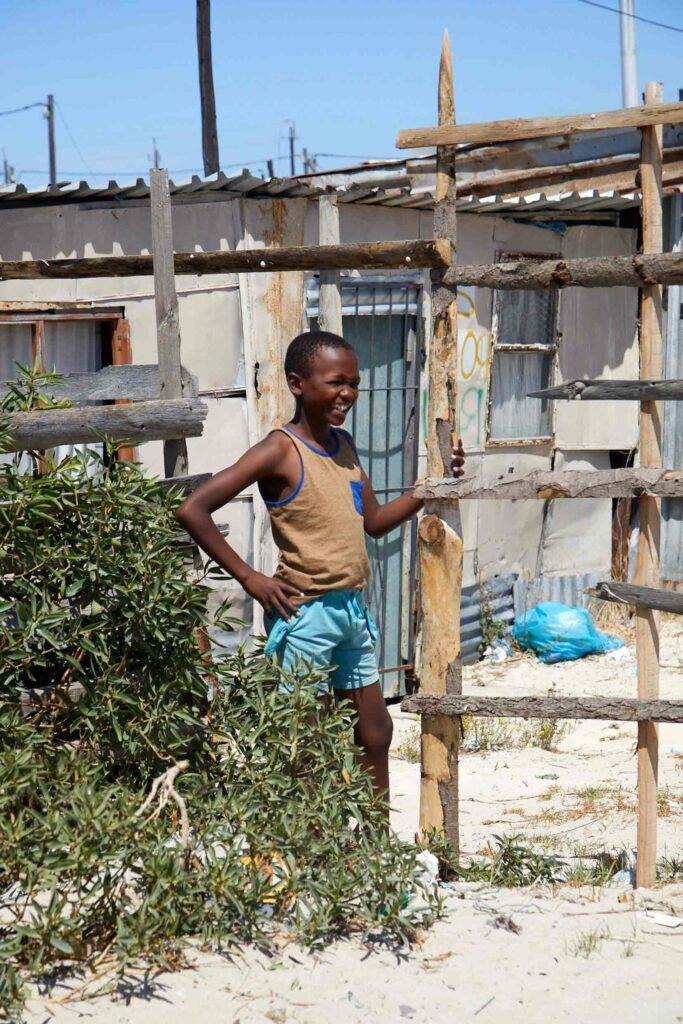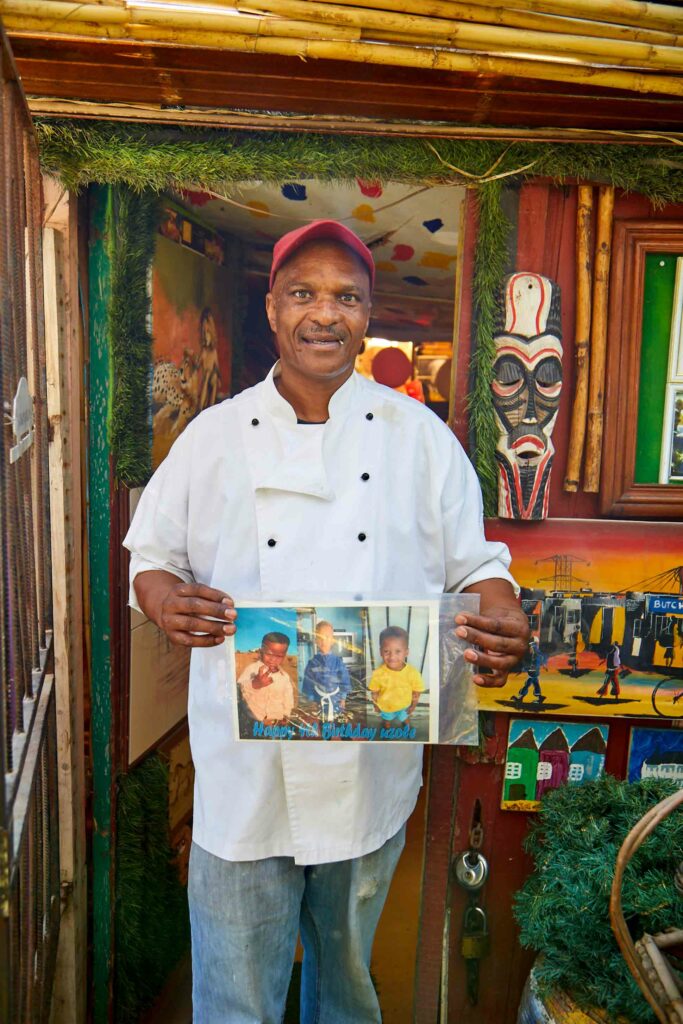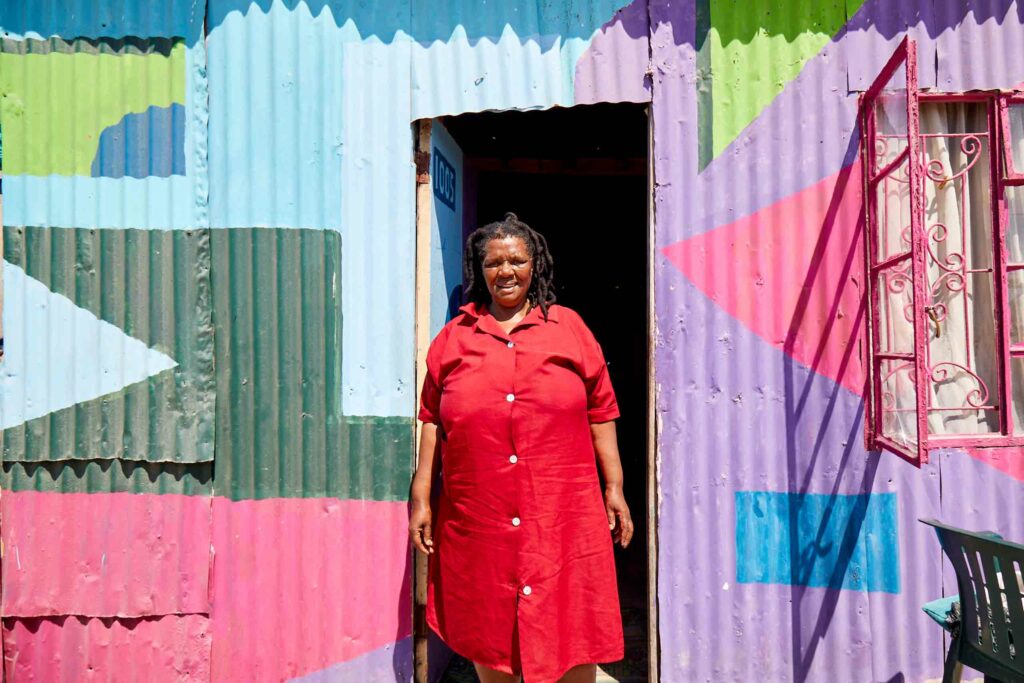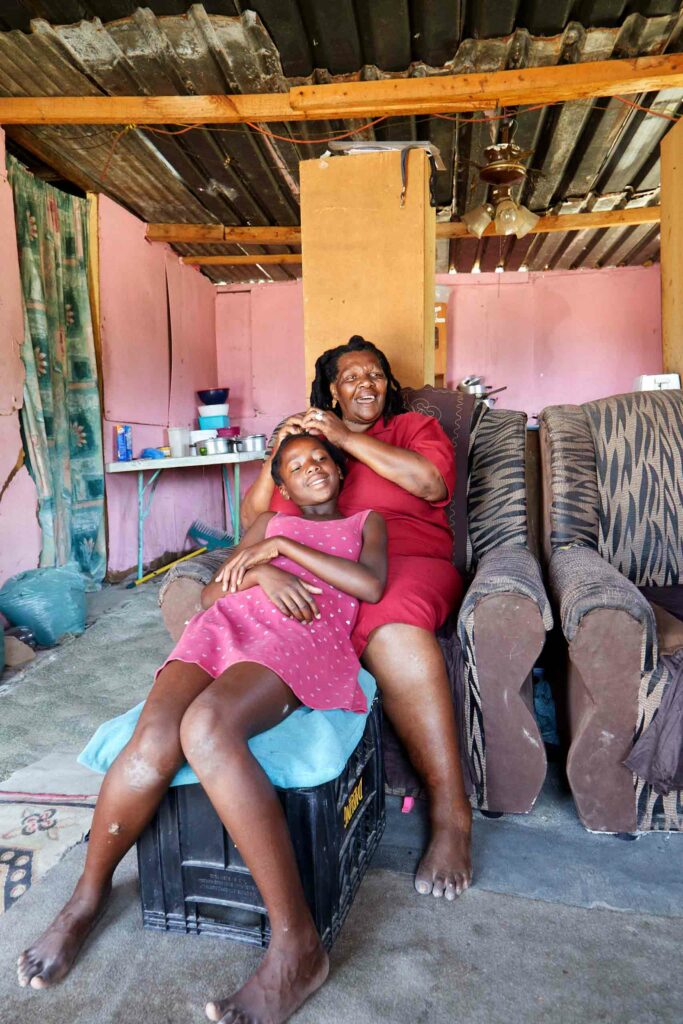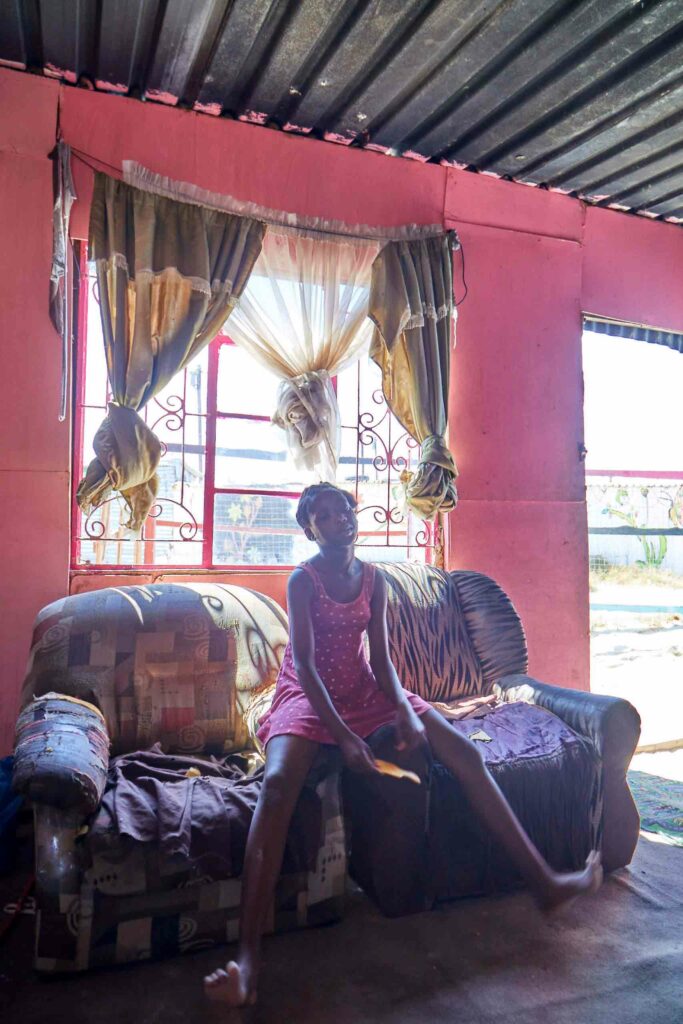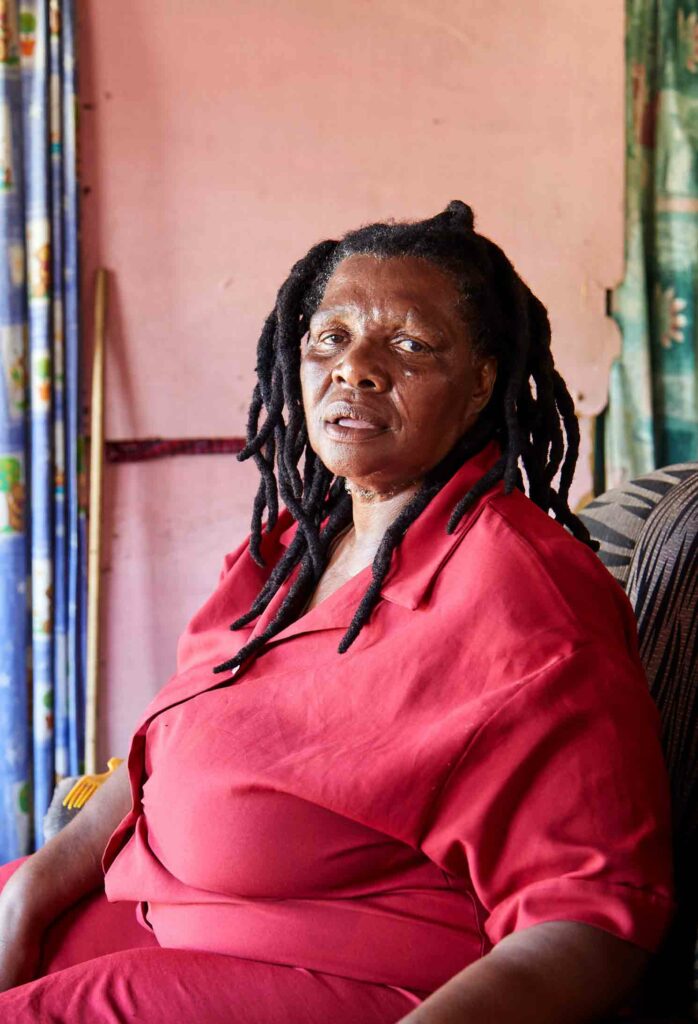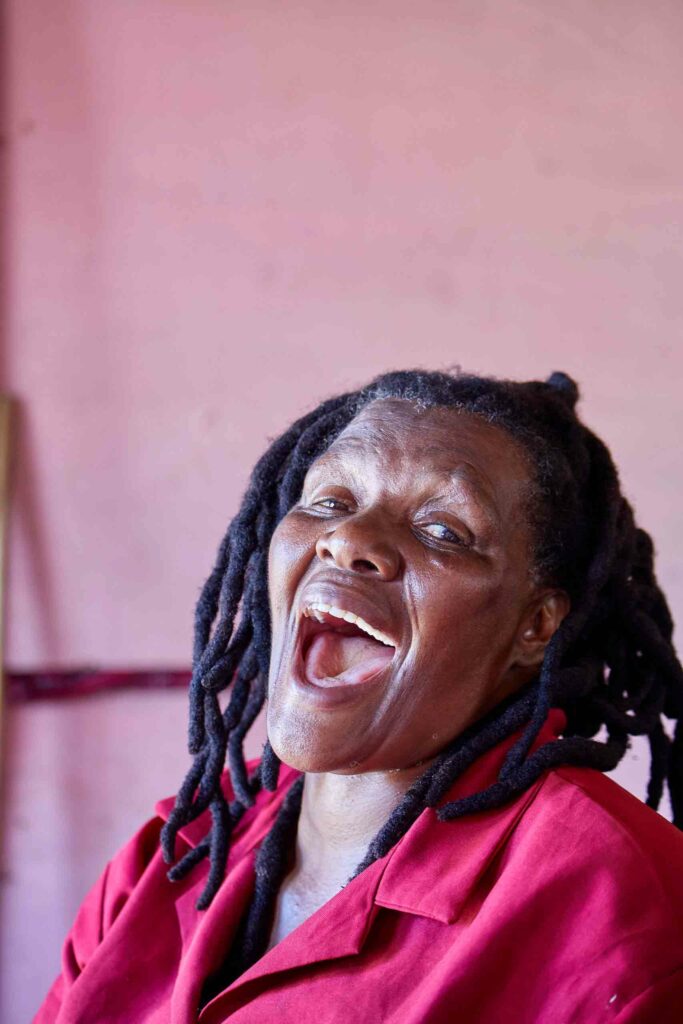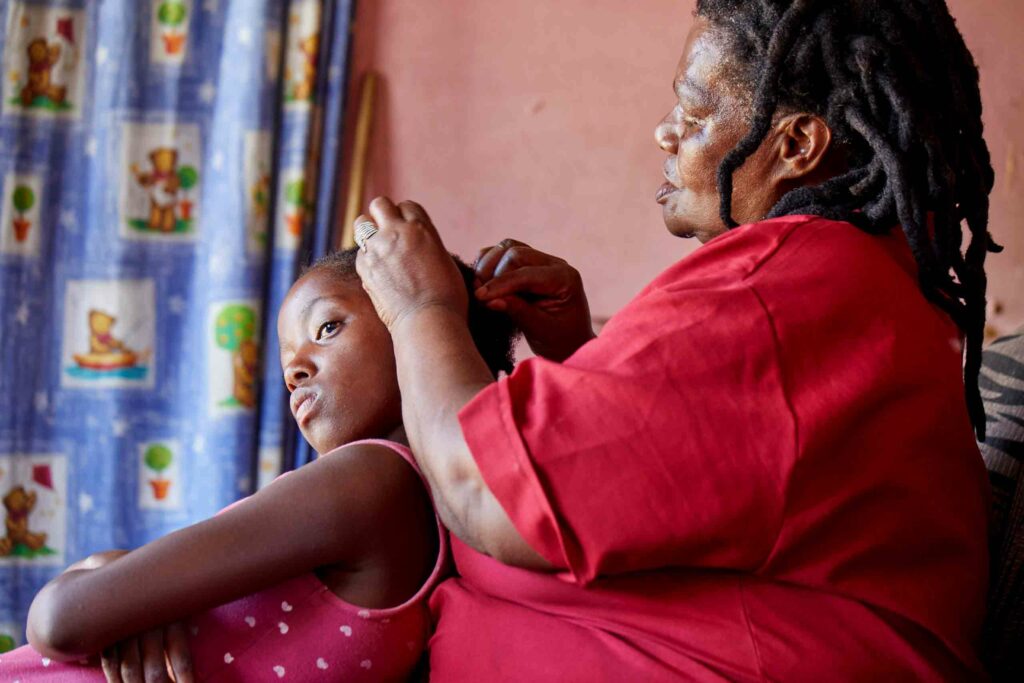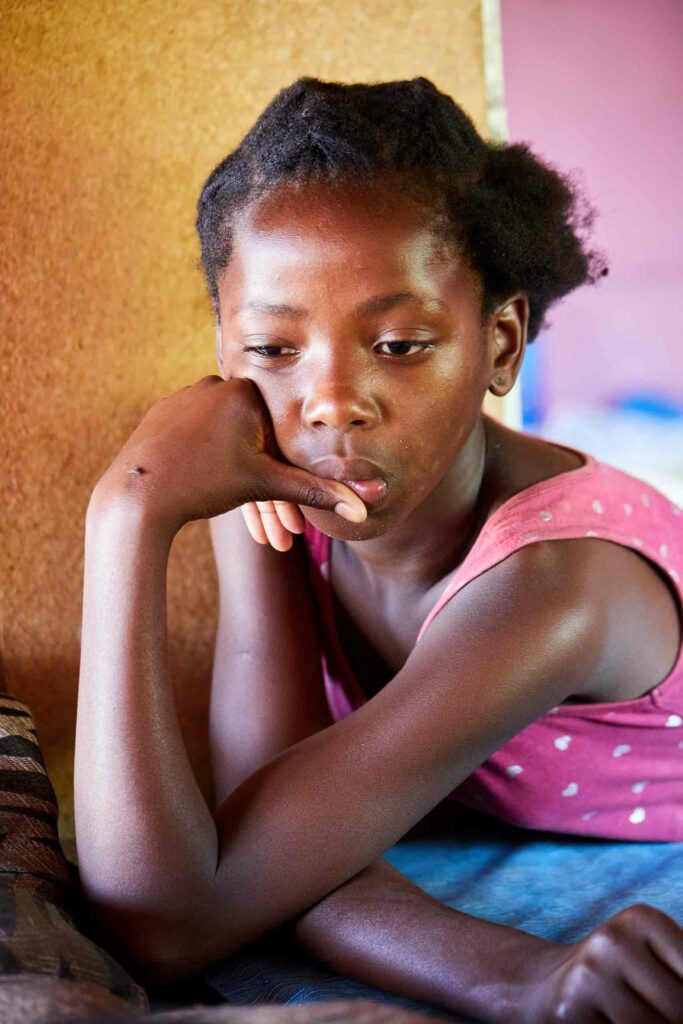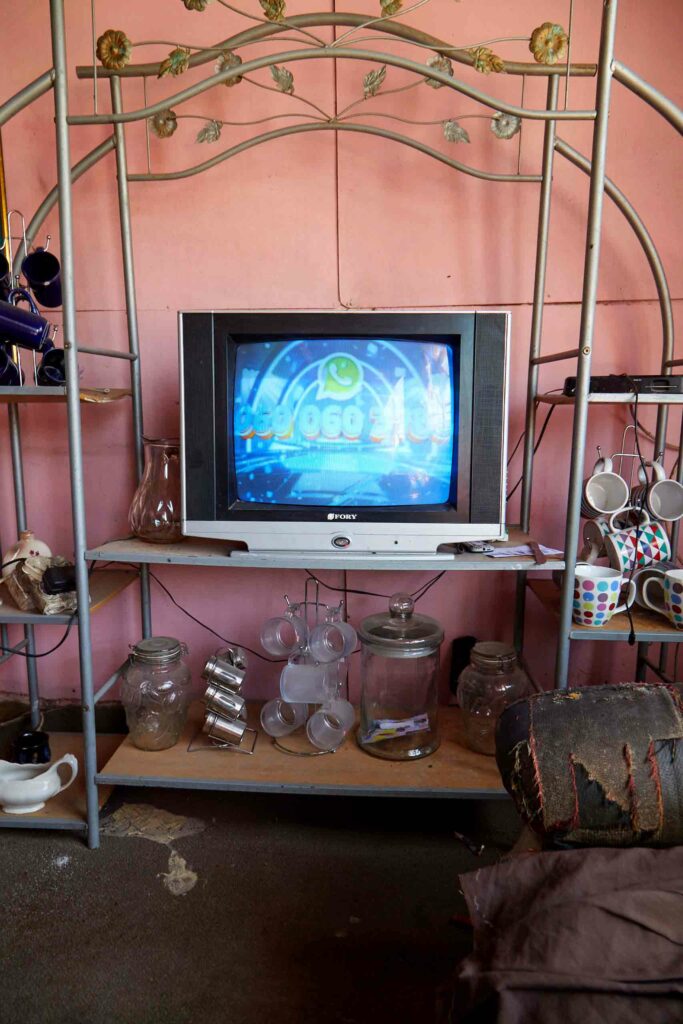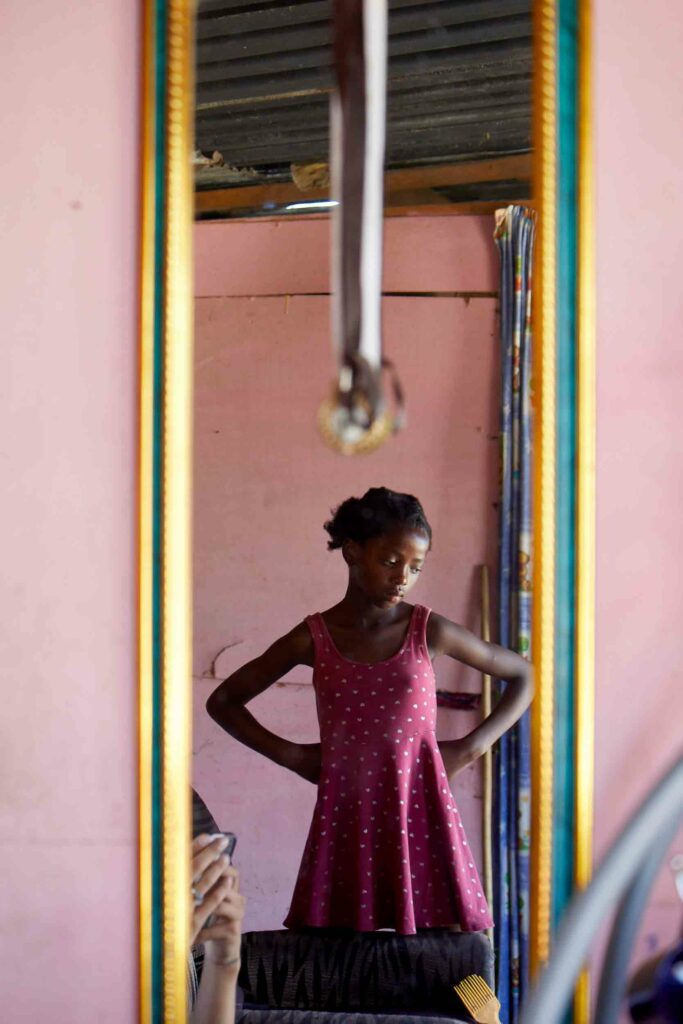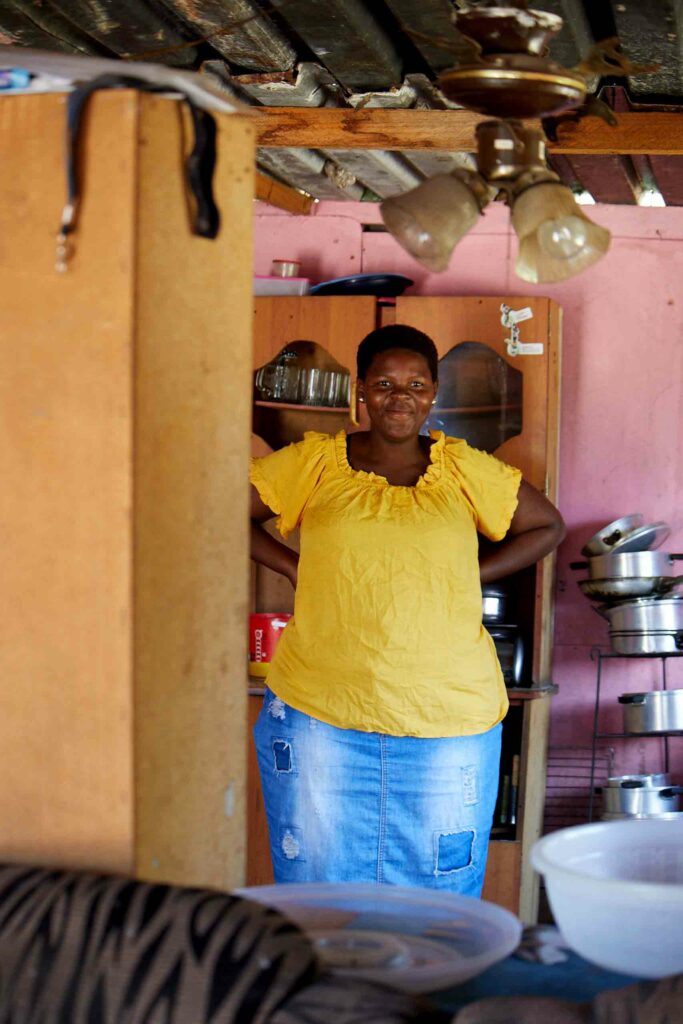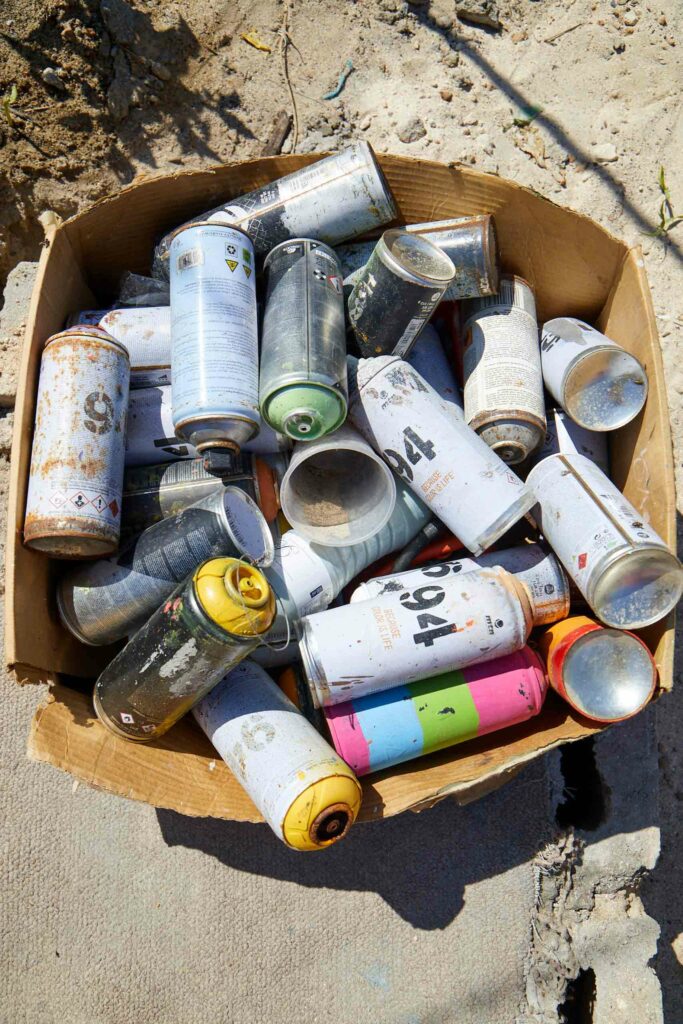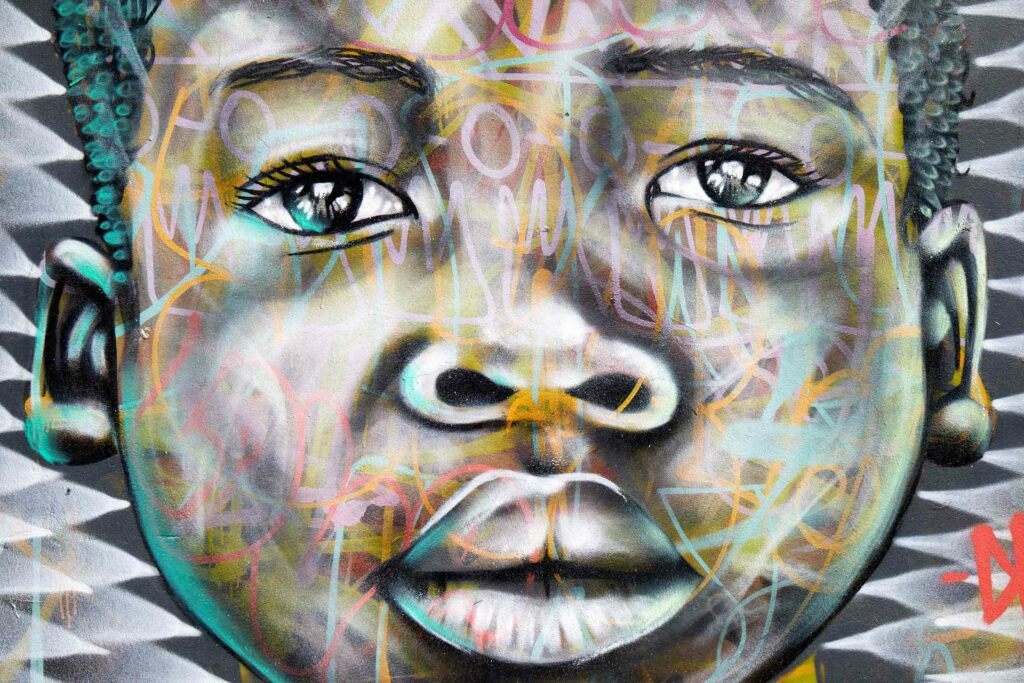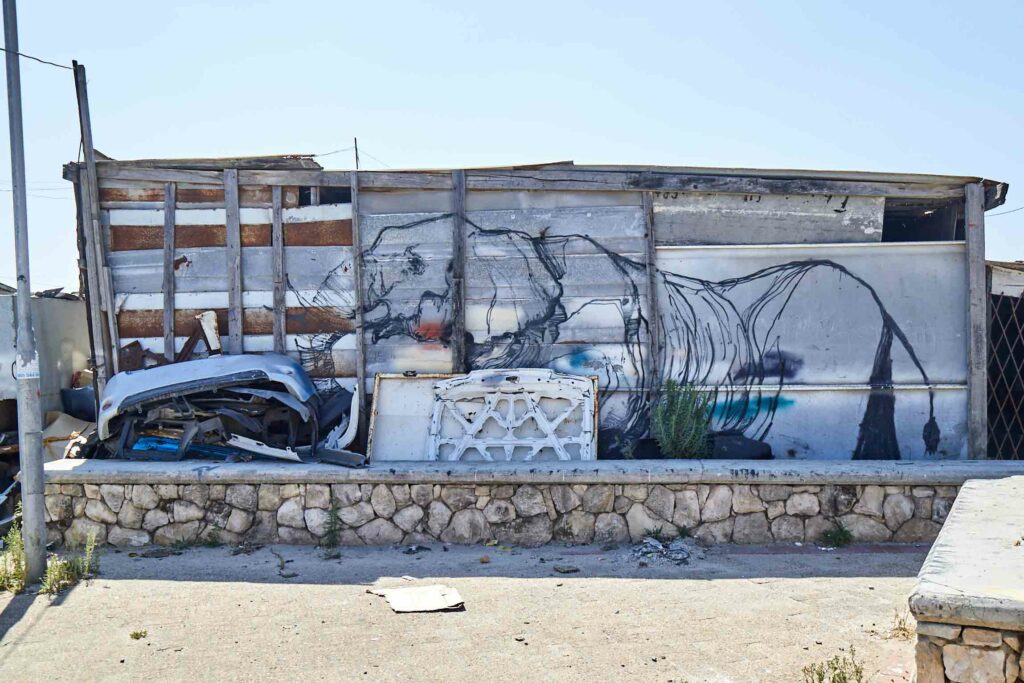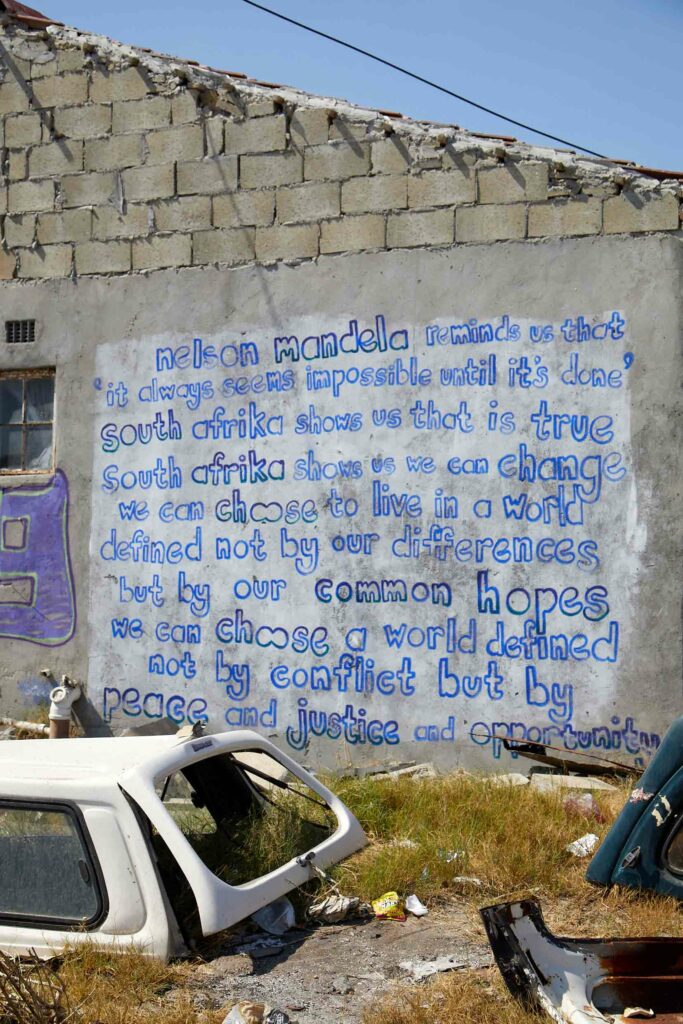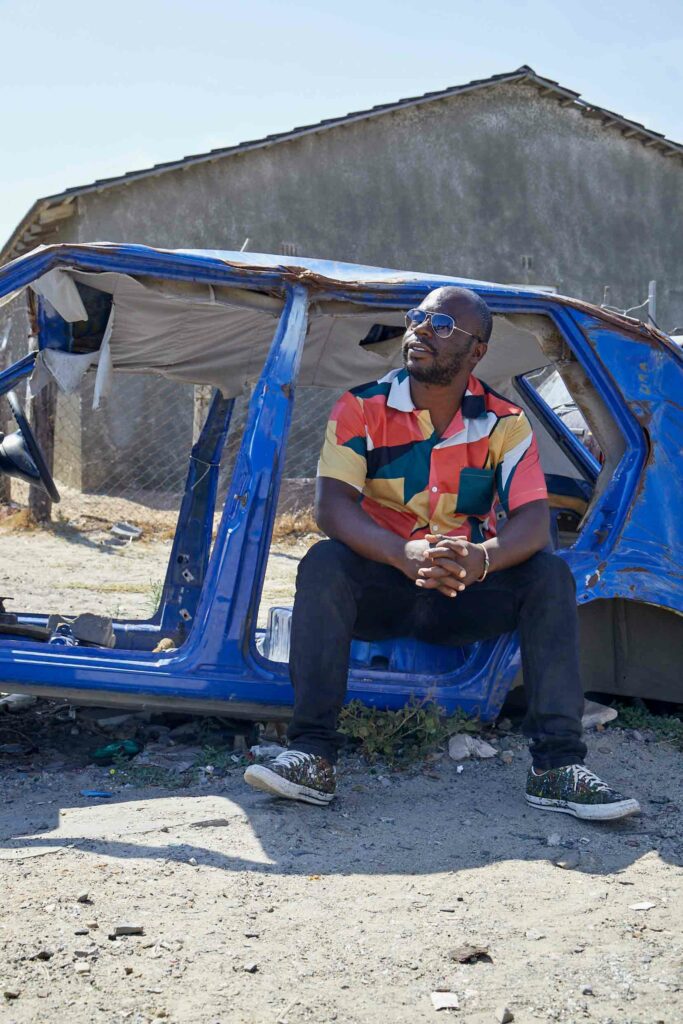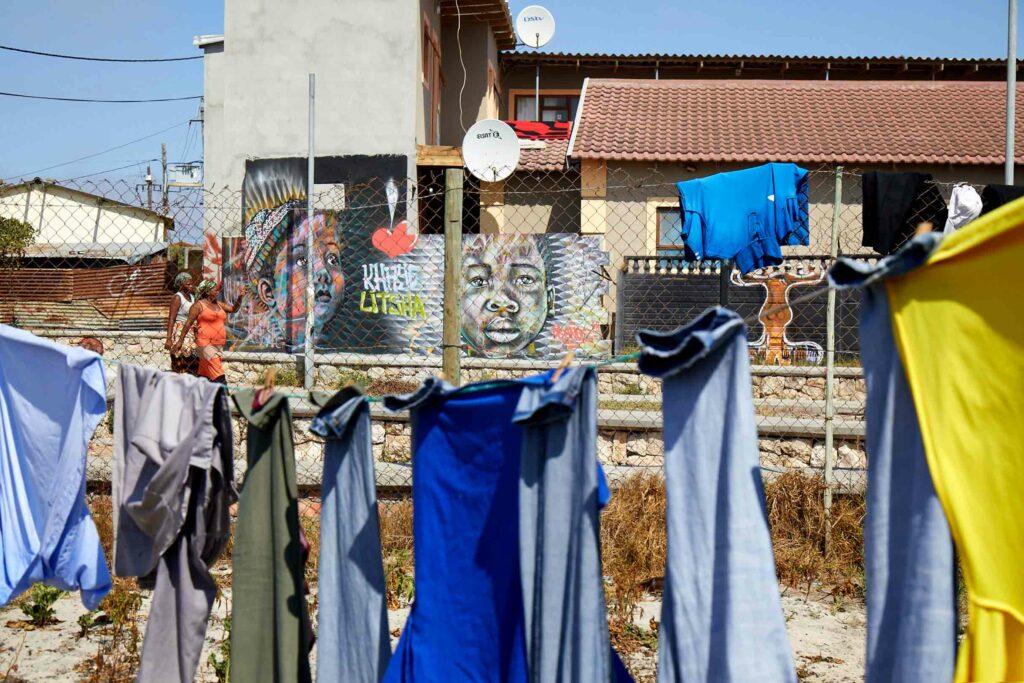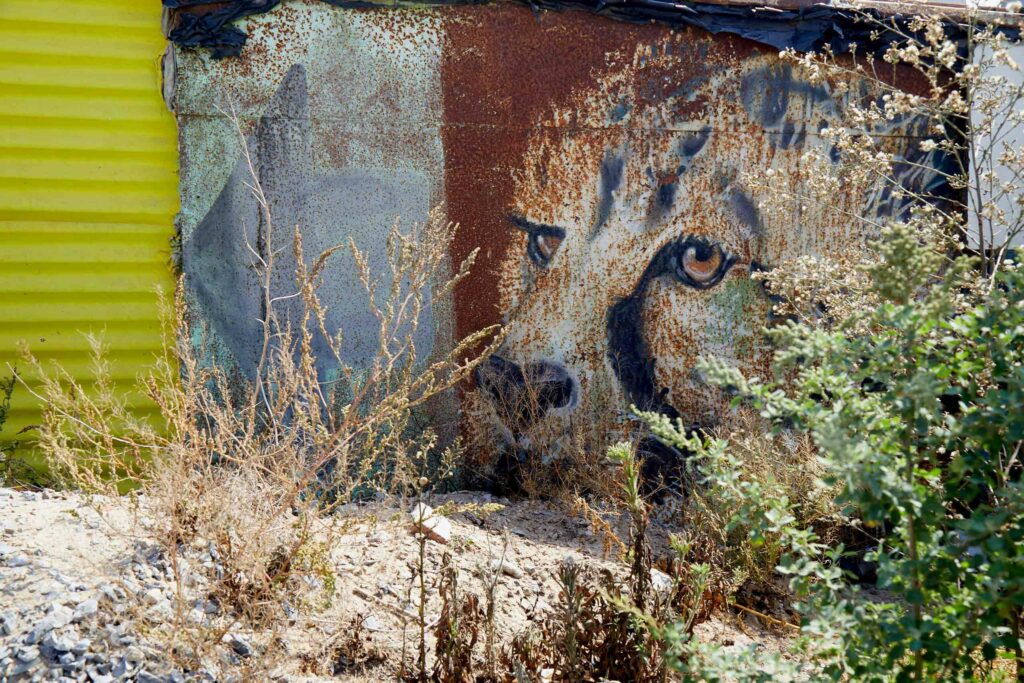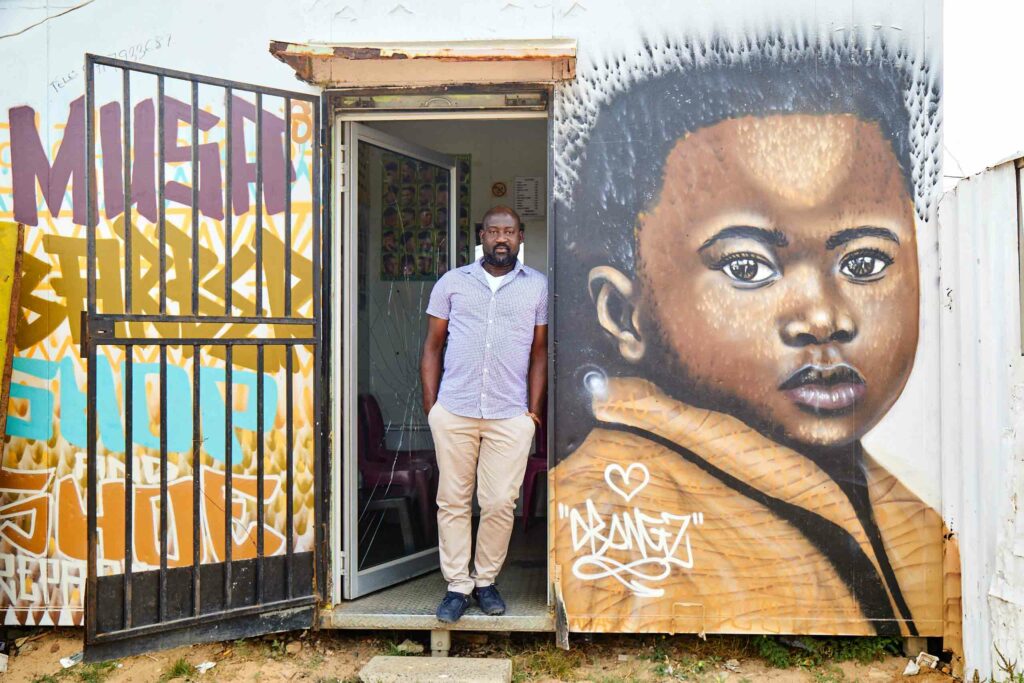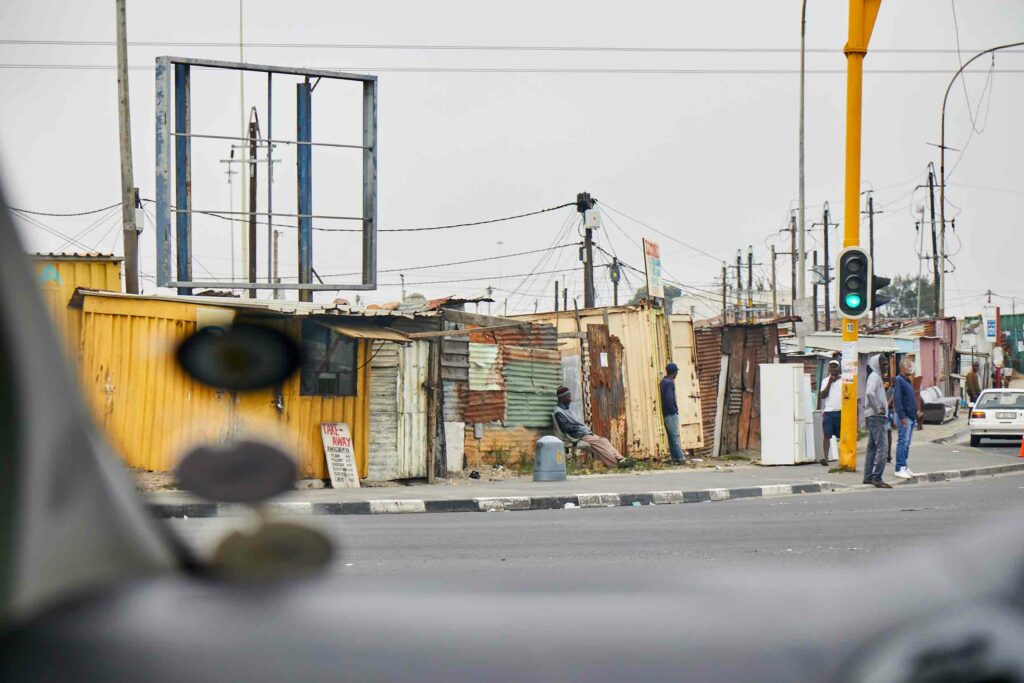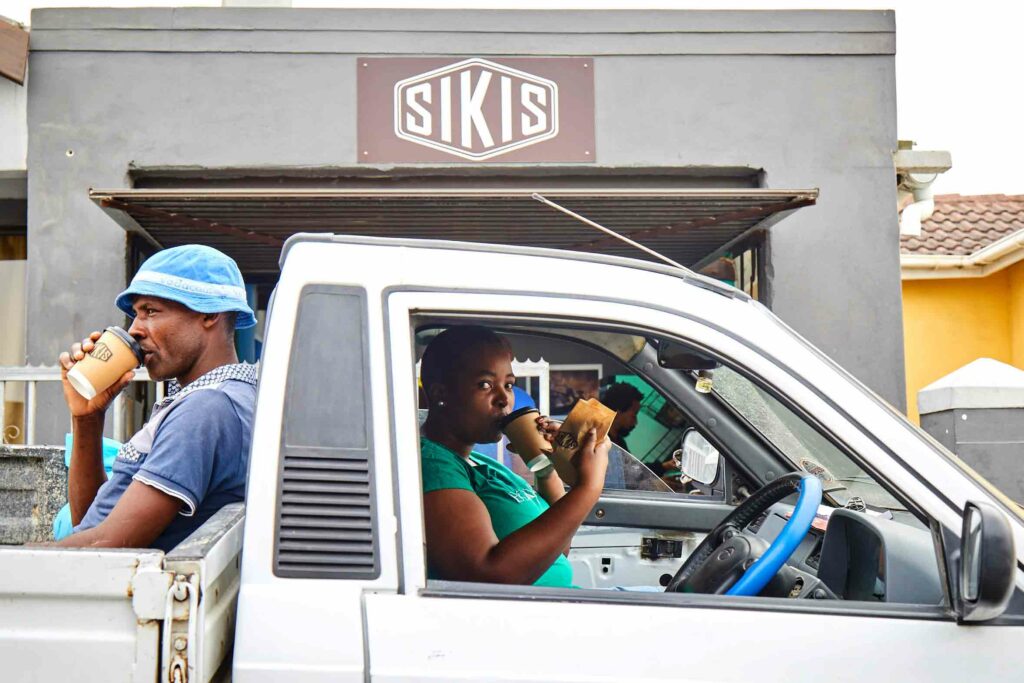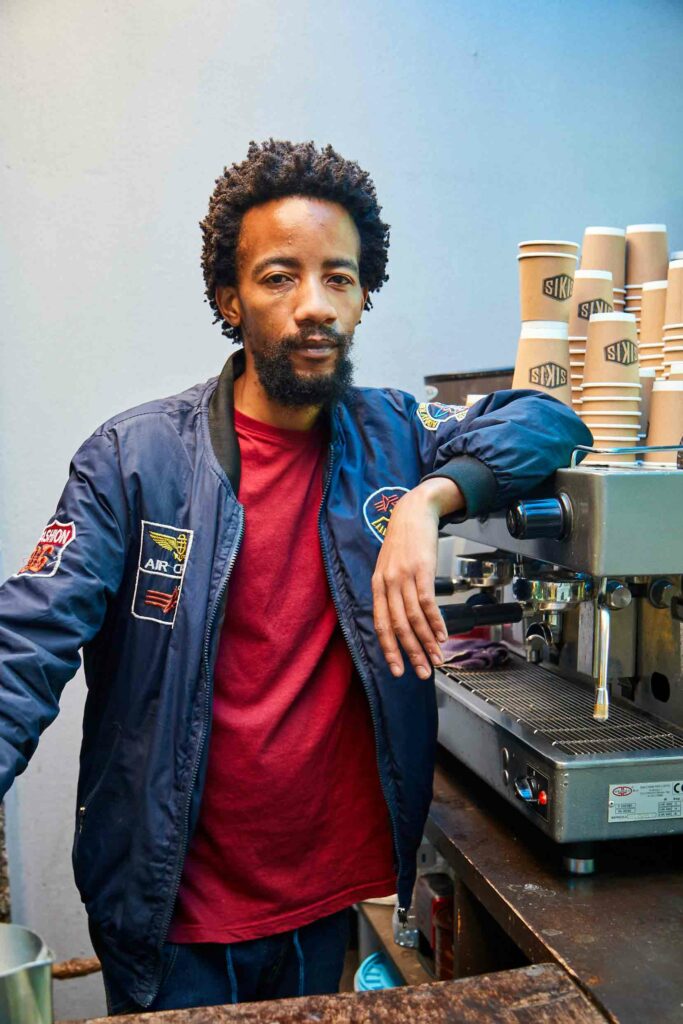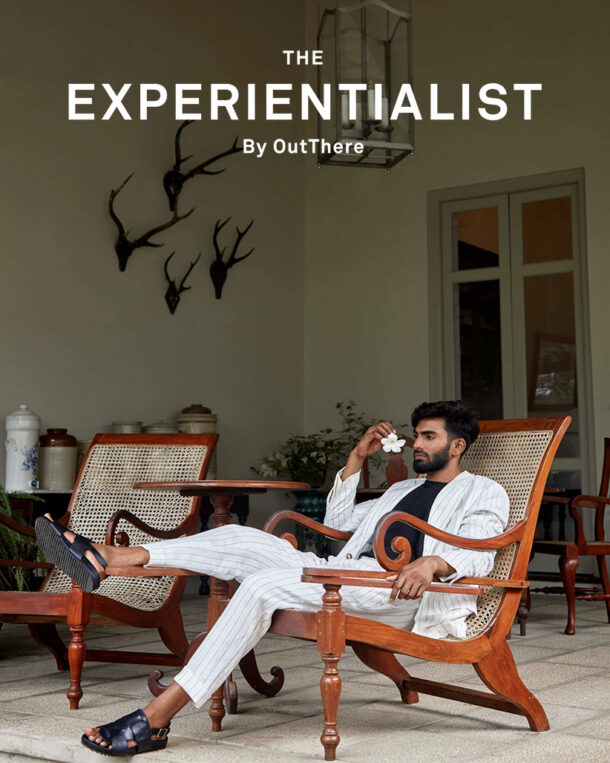“Most visitors to Cape Town see nothing but the trappings of prosperity, and of course, natural beauty. However, just a few kilometers away from the city centre lies the sprawling township of Khayelitsha. It is home to approximately 3 million people – almost all of whom are black – many living on or below the poverty line in make-shift housing, with the barest of essentials.”
Martin Perry tells the story of this community-based tourism project he experienced just before lockdown.
“The township is divided into two distinct areas. The more affluent, official district houses many of the higher paid workers who travel back and forth from the city and work in hospitality or retail; and the sprawling unofficial area, with its makeshift tin-roofed shacks and dirt roads.
Our guide Juma Mkwela runs tours to both areas to educate outsiders on the issues Khayelitsha residents face. These range from high rates of Tuberculosis (a disease which was eradicated in most countries decades ago) to lack of access to decent plumbing, regular power blackouts, drug and alcohol dependency, and gun crime.
It would be easy to lose all hope living somewhere like this, but Juma is no pessimist. His tours are far from ‘poverty tourism’. His aim, his passion, is to create experiences that form genuine connections between his guests and Khayelitsha residents. He does this by inviting them to take part in two initiatives to improve the environment: a living art project where guests work alongside him and other local artists he is mentoring, to create colourful murals on the residents houses. And a food planting initiative where he turns barren scraps of dirt into kitchen gardens, providing the residents which much needed vitamins and in some cases an extra income.
He also includes local businesses, we sampled the excellent Sikis coffee, owned by an enterprising young local barista who has set up shop in his mother’s garage – which incidentally, she still houses her car in at night.
Witnessing the determination and humility with which he does this, and the way the residents he is helping treat him (like a beloved uncle) is humbling and life-affirming. And the bonus? I have a much deeper understanding of my white privilege and an unequivocal knowledge that I too have a responsibility to share that in any way I can.”
Photography by Martin Perry


